- Mirror Manufacturer USA-Custom Bathroom & LED Mirror Factory
- Mirrors French
- Mirror Austrian
- Canadian mirrors
- Mirrors British
- Mirror Dutch
- Mirror Hungarian
- Mirror Belgian
- Mirror Slovak
- Mirror Luxembourg
- Mirror Romanian
- Mirror Swiss
- Mirror Bulgarian
- Mirror Croatian
- Mirror Irish
- Mirror Serbian
- Mirror Swedish
- Mirrors Norwegian
- Mirrors Finnish
- Mirrors Danish
- Mirrors Icelandic
- Mirrors Greek
- Mirrors German
- Maltese mirrors
- Mirrors Italian
- Mirrors Cypriot
- Mirrors Spanish
- Mirrors Polish
- Mirrors Portuguese
- Mirrors Czech
Austin tech worker mirror fitness
Of course. That phrase, “Austin tech worker mirror fitness,” perfectly captures a very specific and highly visible modern aesthetic and lifestyle trend.
It’s not just about working out; it’s a cultural phenomenon. Here’s a breakdown of what it means, why it’s a thing, and the companies that enable it.
What “Austin Tech Worker Mirror Fitness” Means
This phrase describes the convergence of several key trends popular among a certain demographic in Austin:
-
The Tech Worker: High disposable income, values convenience and data, often works long or irregular hours from home (or a trendy coffee shop).
-
The Mirror (or similar smart gym): A sleek, minimalist piece of hardware that doubles as a mirror and a portal to live/on-demand fitness classes. It represents tech-enabled, space-efficient, and private wellness.
-
The Austin Vibe: A city that highly values health, wellness, outdoor activity, and a curated aesthetic (“keep Austin weird” but also “keep Austin fit and stylish”).
Put simply, it’s the archetype of a young professional in Austin who invests in high-tech, design-forward home fitness equipment as a status symbol and a practical solution to their lifestyle.
The Deeper Meaning & Cultural Significance
This trend is about more than just exercise. It’s a signal of:
-
Wealth and Status: These devices are expensive (often $1,000+ for the hardware and a ~$40/month subscription). Owning one signals you’re part of a successful, high-earning class.
-
Aesthetic Prioritization: A sleek mirror that blends into a modern apartment is far more desirable than bulky, black metal gym equipment. It fits the minimalist, “clean girl/boy” aesthetic.
-
The Privatization of Wellness: Post-pandemic, many prefer the convenience and privacy of a home workout over a crowded gym. It aligns with the tech worker’s often introverted and efficiency-driven mindset.
-
Data-Driven Self-Optimization: Tech workers love metrics. These platforms provide performance data, track progress, and offer a gamified experience, appealing to the analytical brain.
-
Efficiency and Convenience: A 20-minute workout between coding sessions eliminates commute time to a gym. It maximizes a busy schedule.
Key Players in the “Mirror Fitness” Space
While “The Mirror” was the original pioneer (founded in 2018 and acquired by lululemon in 2020 for $500 million), the market has expanded. The term is now often used generically for this category.
| Feature | lululemon Mirror | Tonal | Tempo Studio | Hydrow | Peloton (Guide + App) |
|---|---|---|---|---|---|
| Primary Focus | Broad: Yoga, Cardio, Strength, Boxing | Strength Training | Strength Training | Rowing (Full Body) | Broad (Strength focused with Guide) |
| Key Tech | Reflection + Camera | Digital Weight Resistance | 3D Motion Sensors | Real Outdoor Water Views | Computer Vision (via camera) |
| Price (Hardware) | ~$995 | ~$3,995 | ~$2,495 | ~$1,995 | ~$195 (Guide only) |
| Monthly Sub | ~$39 | ~$59 | ~$39 | ~$44 | ~$24 (App) / ~$44 (Guide) |
| Austin Vibe | Sleek, minimalist, blends in. | “Home gym replacement,” more muscular. | Techy, data-focused. | For the Lady Bird Lake rower. | The established brand, more accessible. |
The Austin Tech Worker’s Typical Setup:
-
The Apartment: A modern, high-rise unit in a building like The Independent, The Ashton, or a sleek Eastside complex with a skyline view.
-
The Room: A dedicated corner of the living room or spare bedroom with the smart fitness mirror/display mounted on the wall.
-
The Gear: Outfitted in lululemon, Vuori, or Ten Thousand apparel.
-
The Routine: A 6:30 AM Tonal strength session before logging on, or a 30-minute Peloton Yoga class to break up the workday.
The Criticism / Other Side
This trend isn’t without its critiques, which often include:
-
Cost Prohibitive: It’s a luxury good, inaccessible to many.
-
Subscription Fatigue: Another monthly bill to manage.
-
Homogenization: Critics say it creates a uniform, sterile fitness experience compared to the community vibe of a local gym or outdoor workout group.
-
Data Privacy: Questions about what these companies do with the video and performance data they collect.
In conclusion, “Austin tech worker mirror fitness” is a perfect, slightly cheeky shorthand for a lifestyle that prioritizes tech, aesthetics, convenience, and personal optimization—a defining ethos of a significant segment of the city’s current culture.
Customer Reviews
Generally speaking, our order requirements are as follows: the minimum order quantity (MOQ) for large items is 50 pieces, for regular items it is 100 pieces, for small items it is 500 pieces, and for very small items (such as ceramic decorations) the MOQ is 1,000 pieces. Orders exceeding $100,000 will receive a 5% discount. The delivery timeline is determined based on the specific order quantity and production schedule. Typically, we are able to complete delivery within two months.
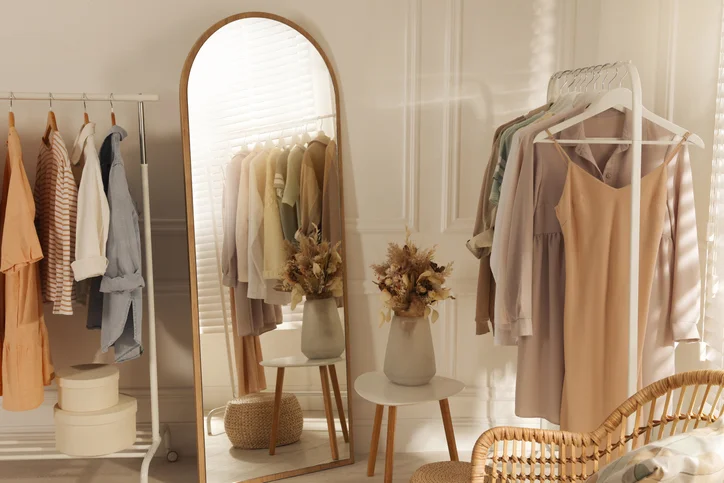
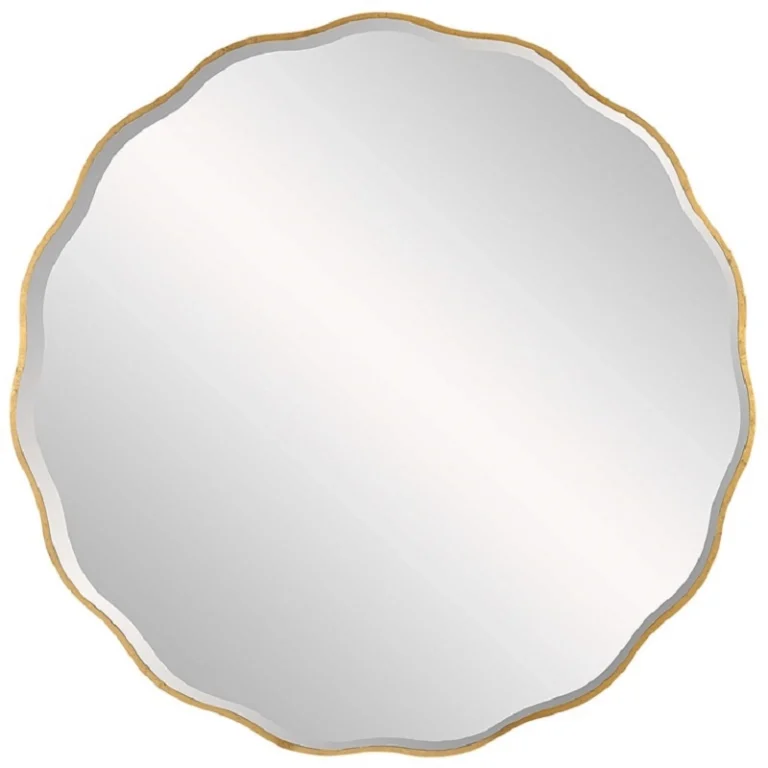
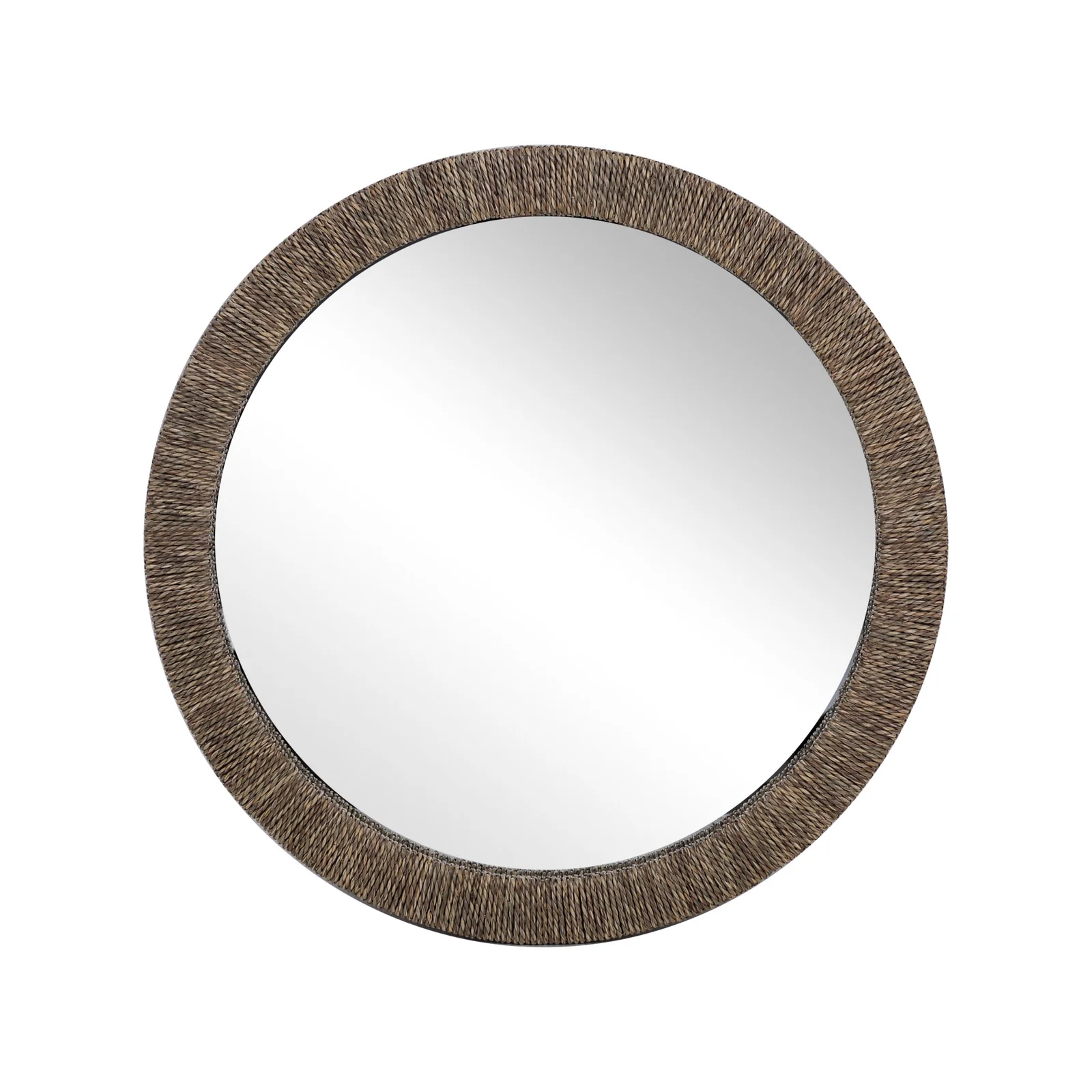

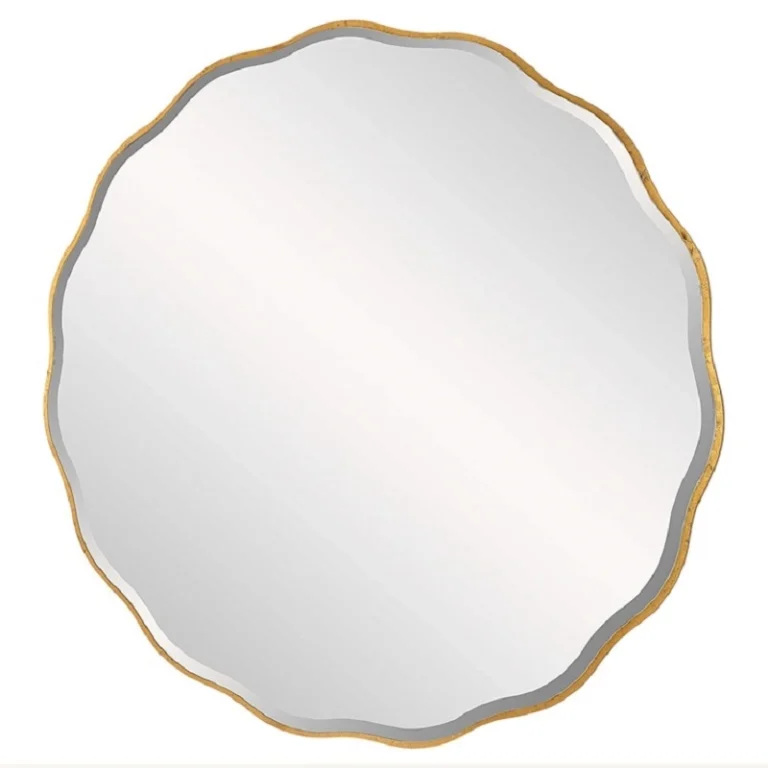
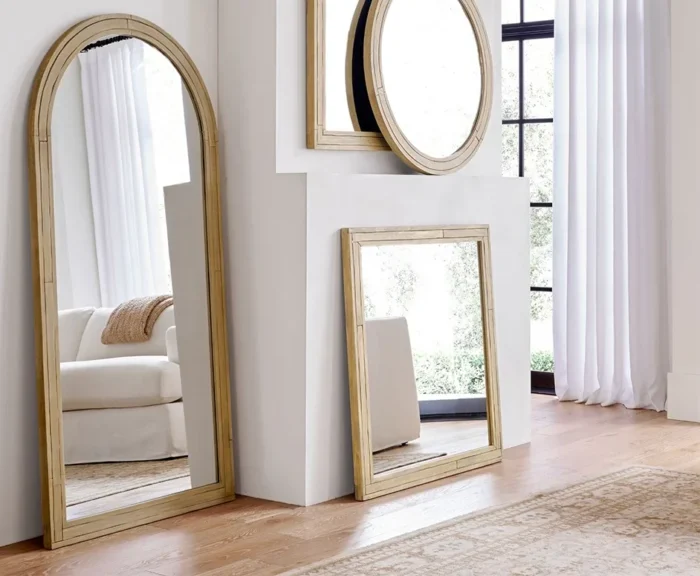
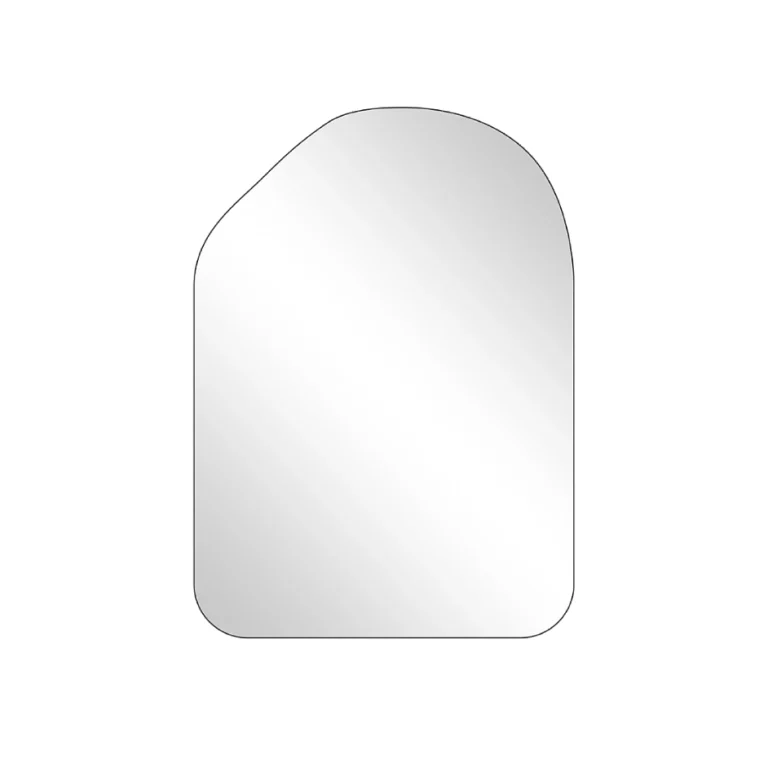
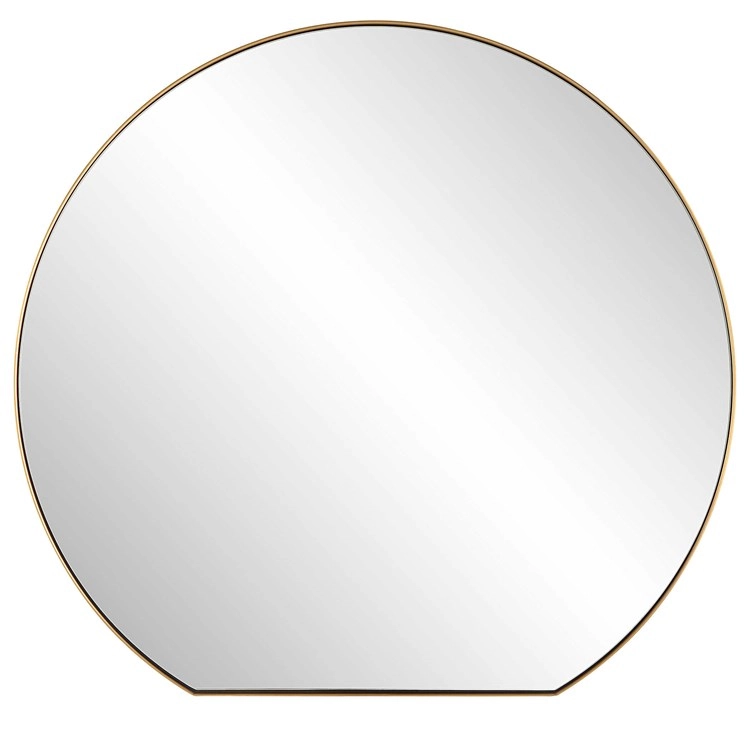





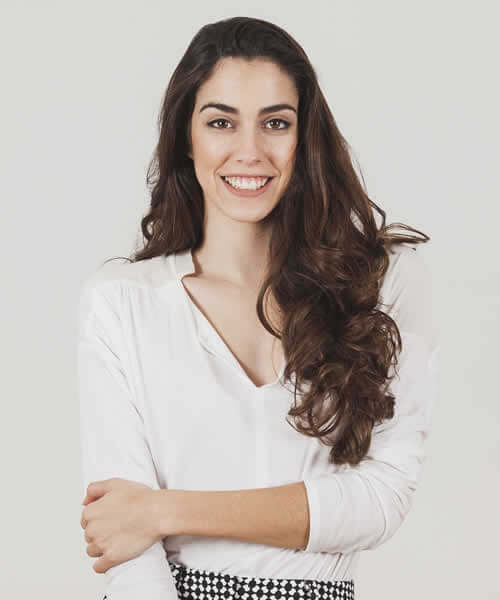

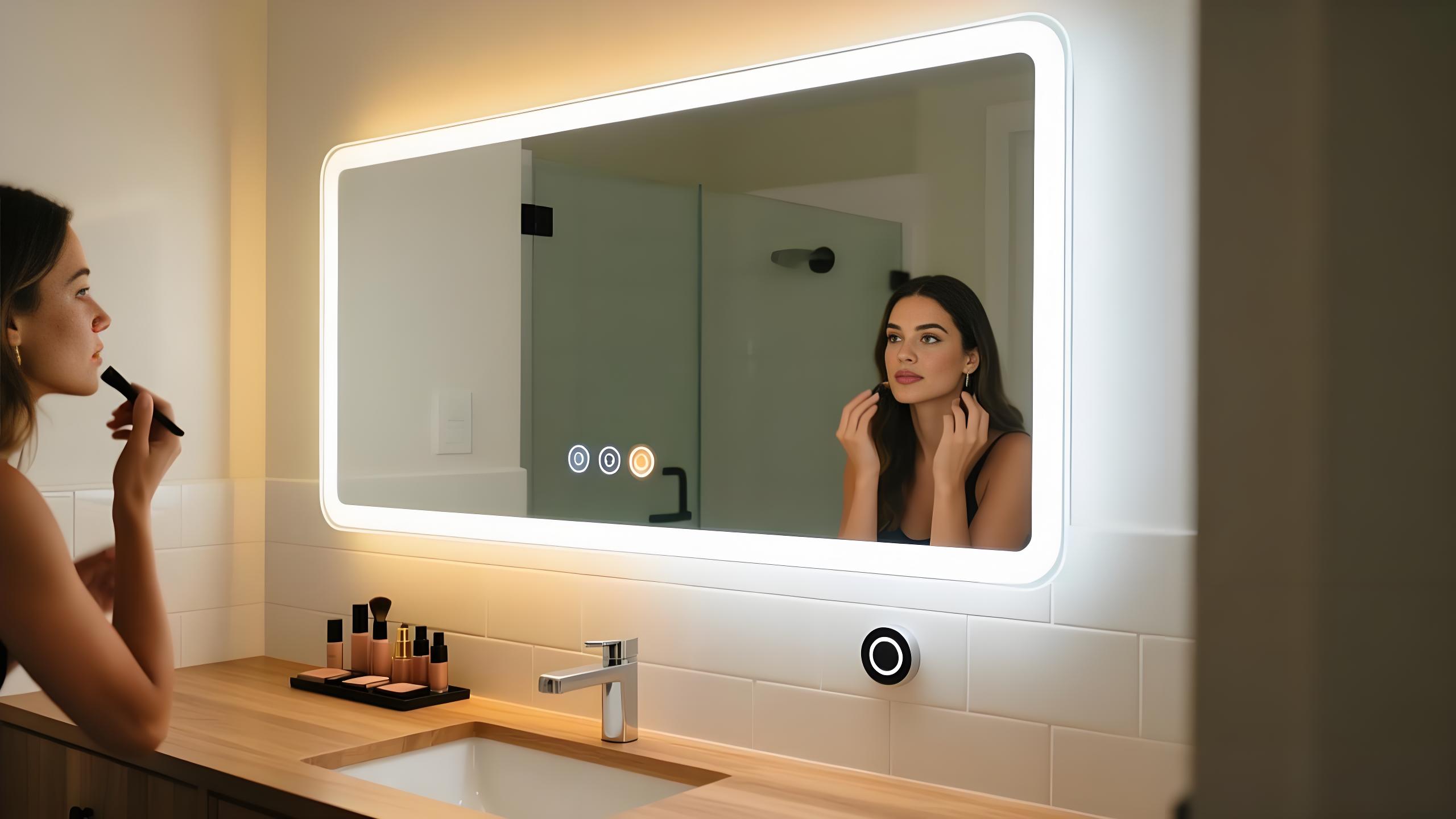
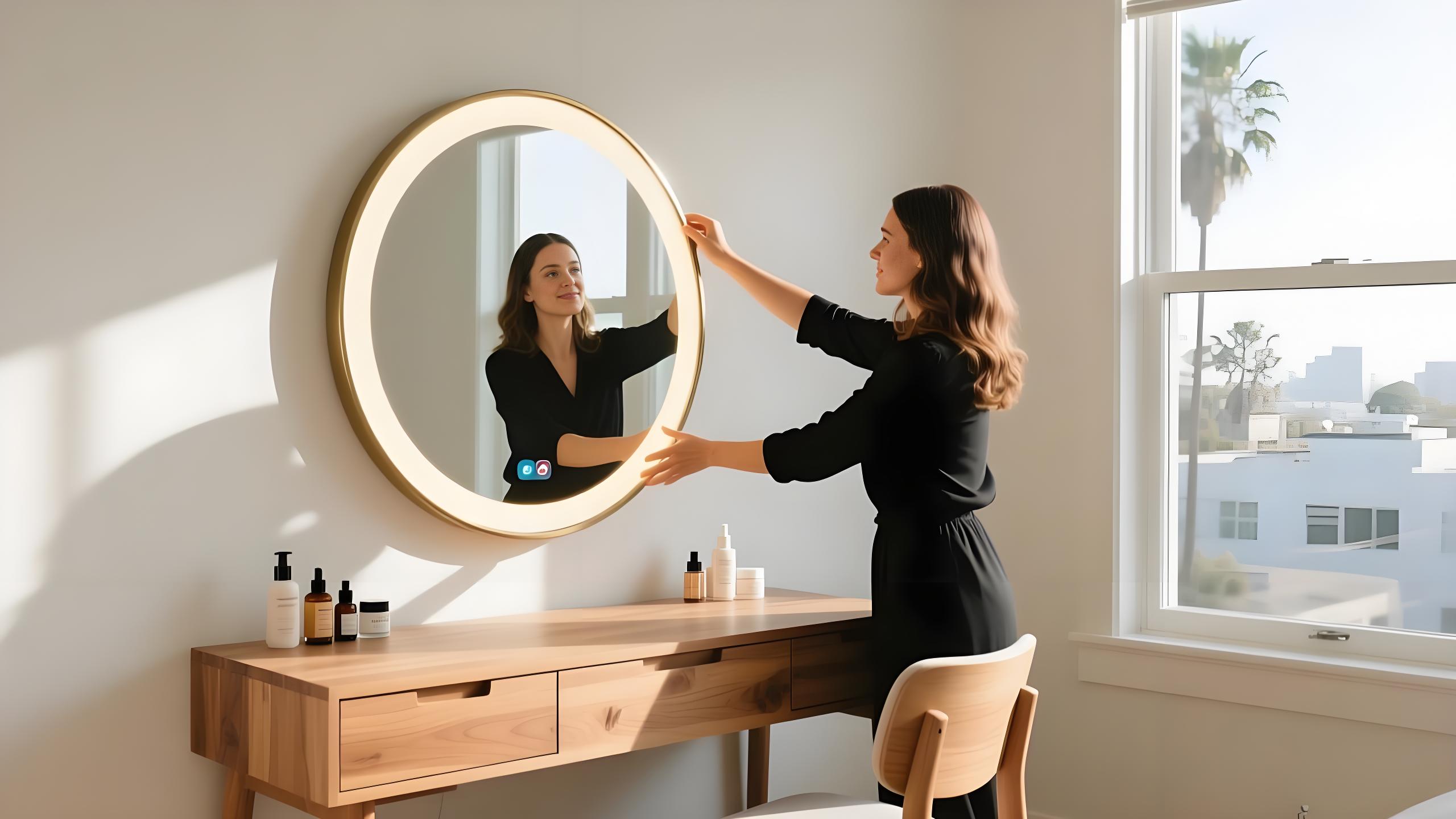
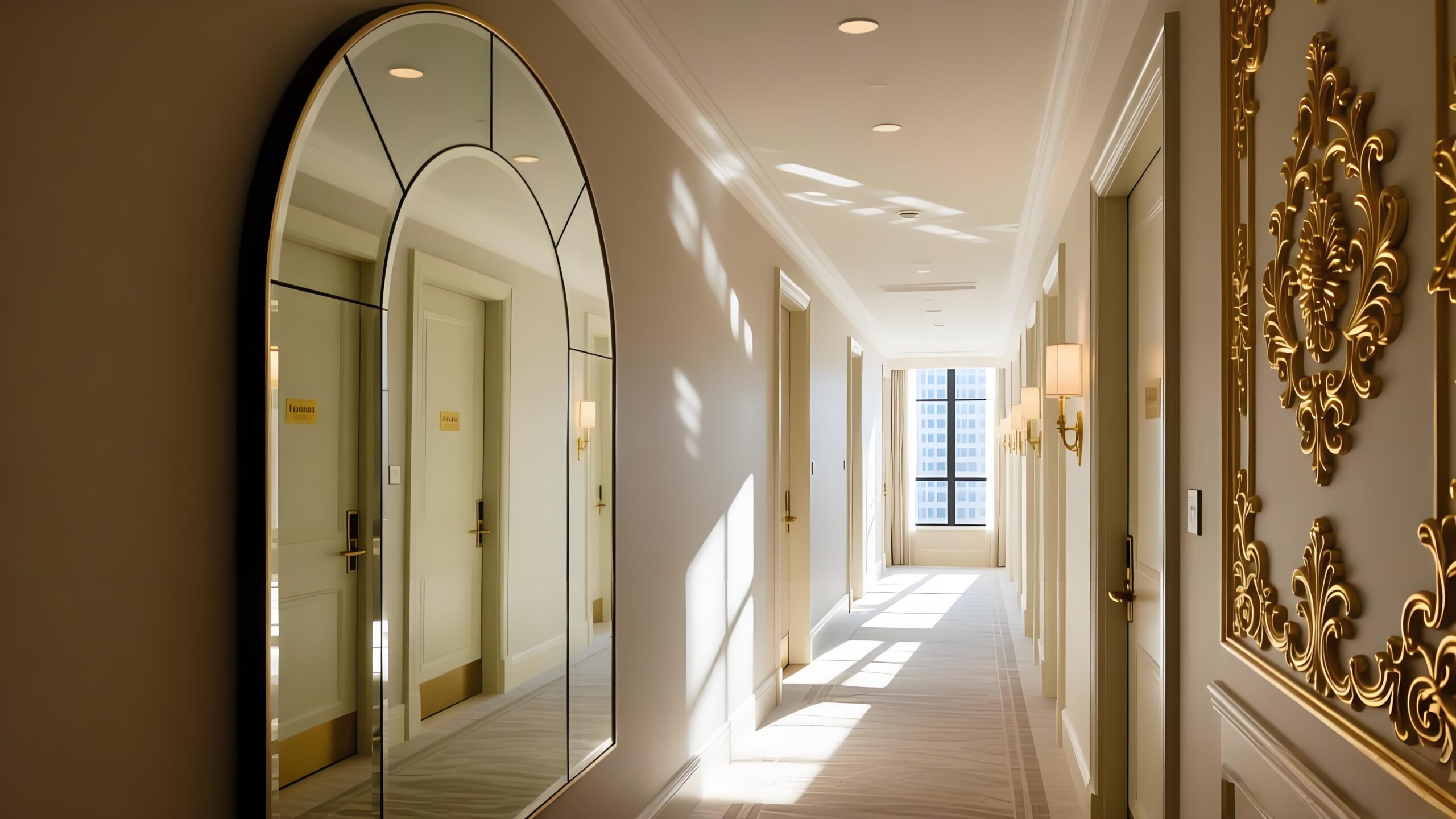
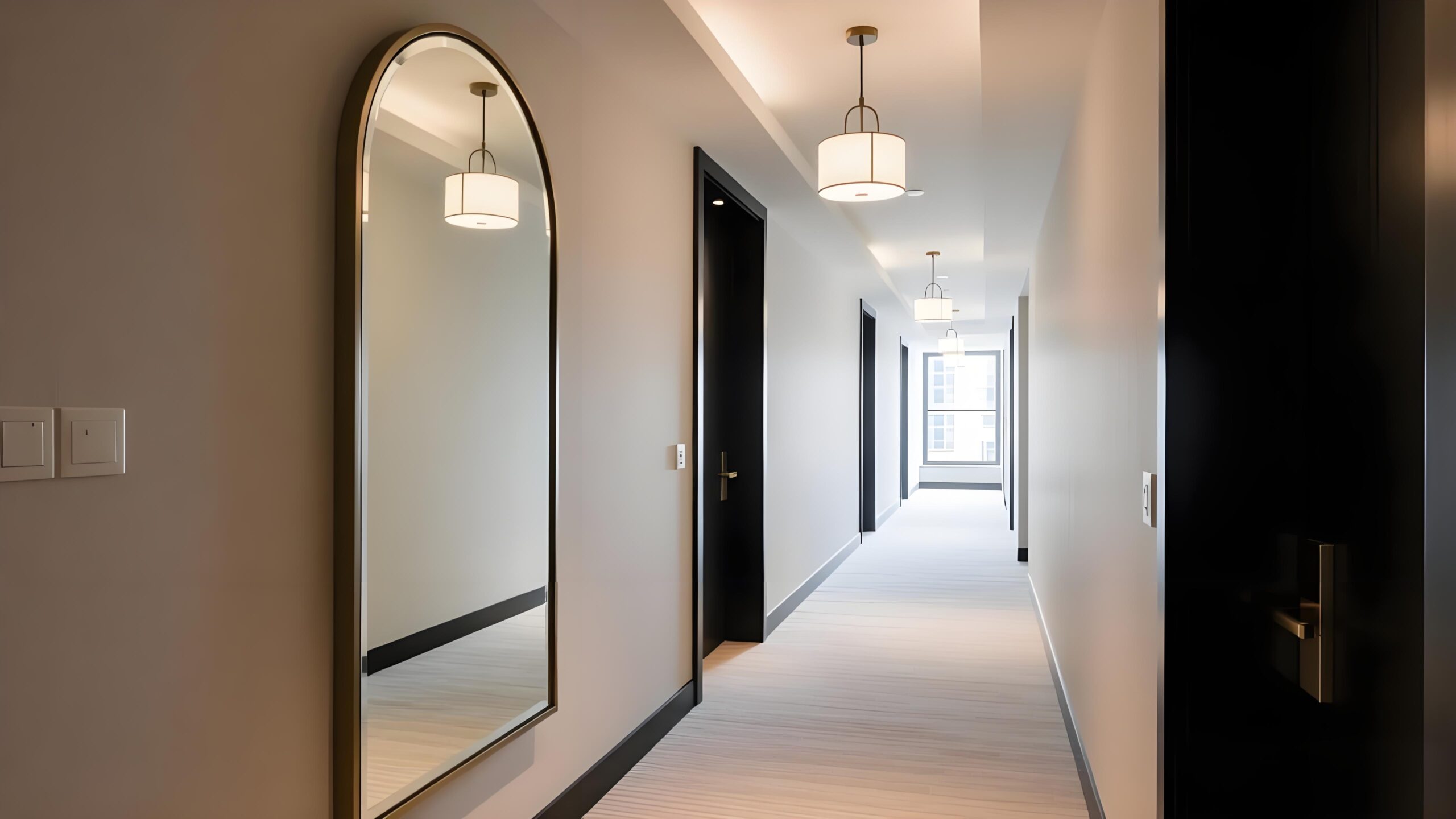
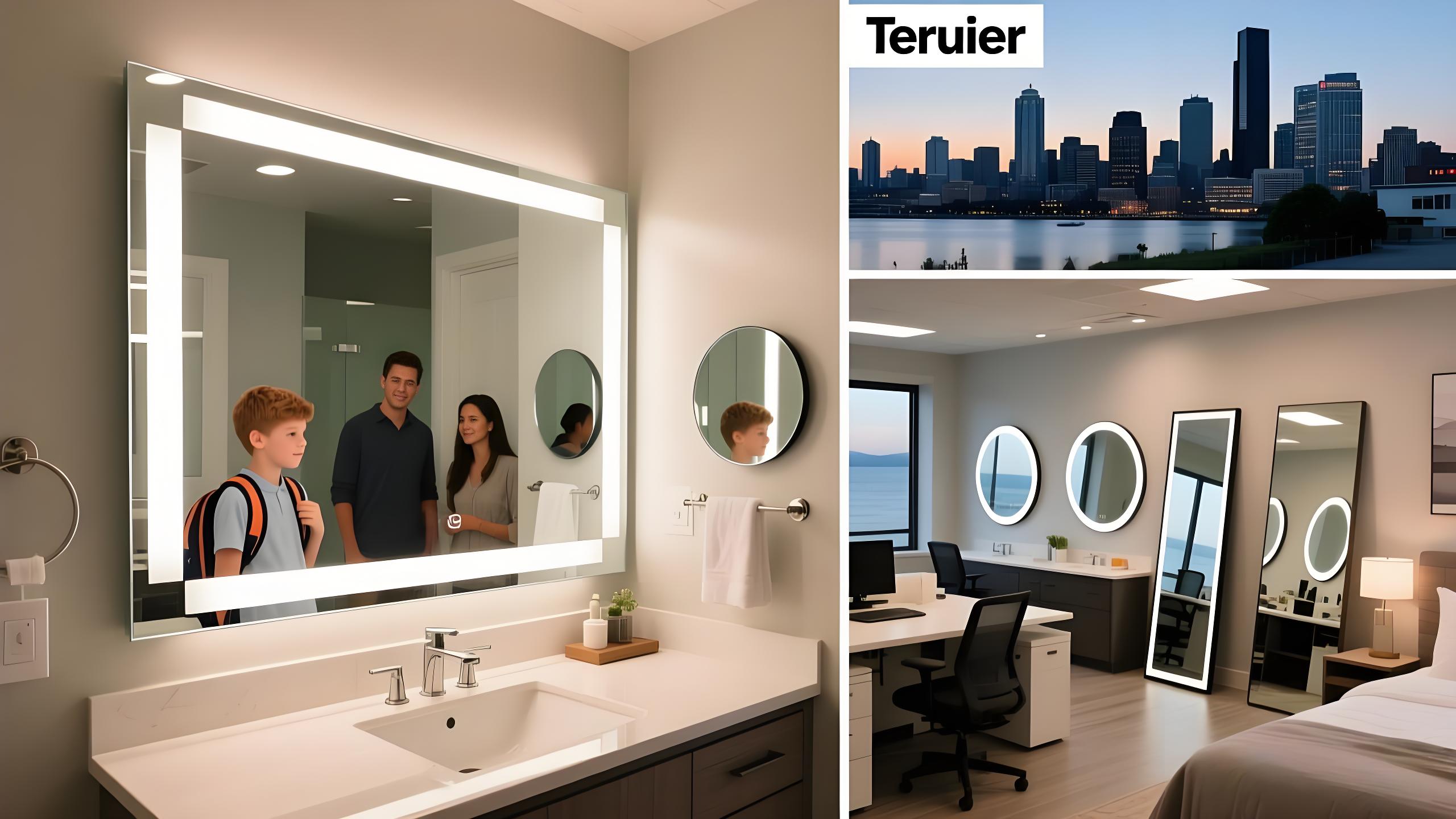
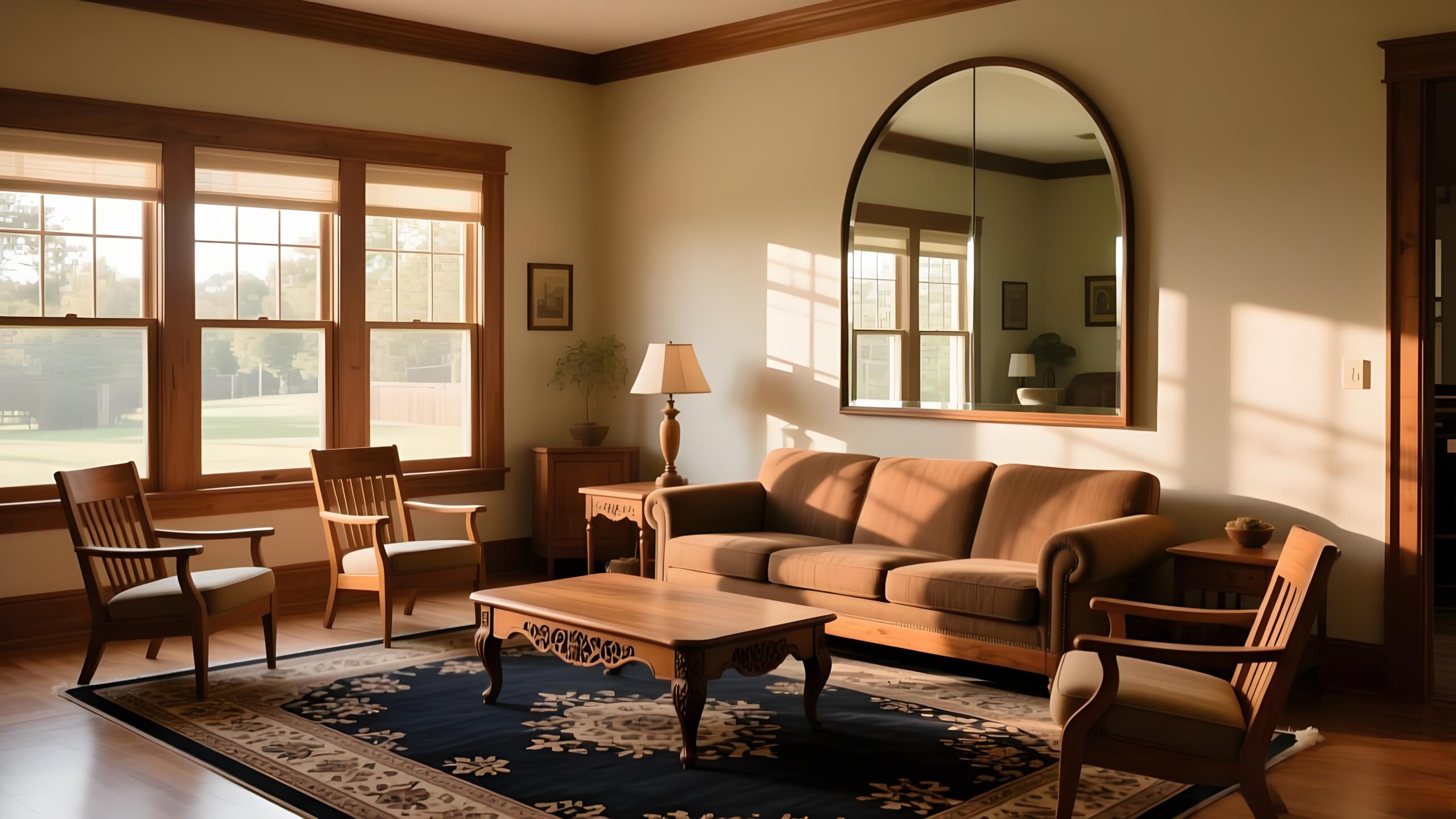
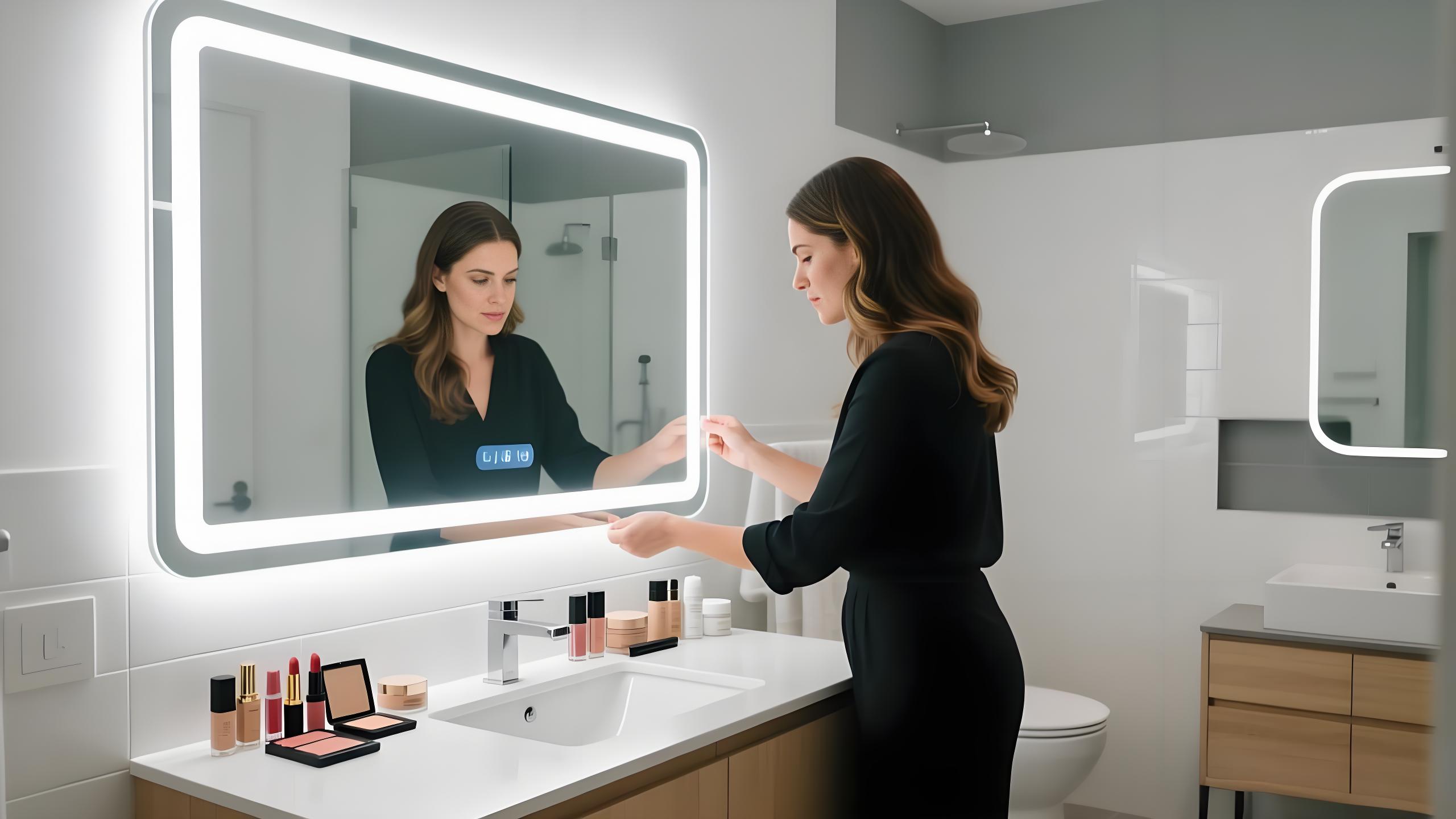
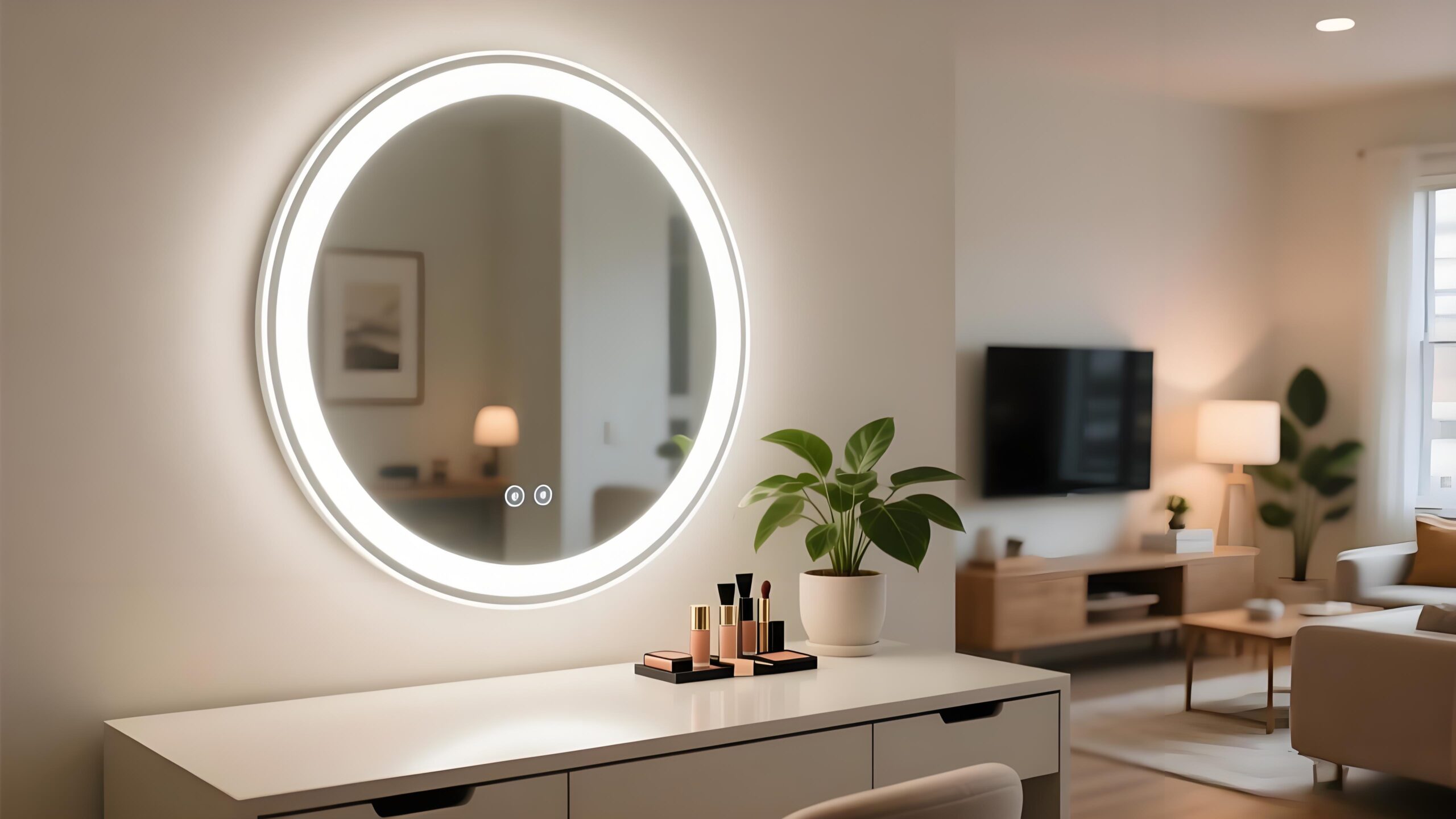
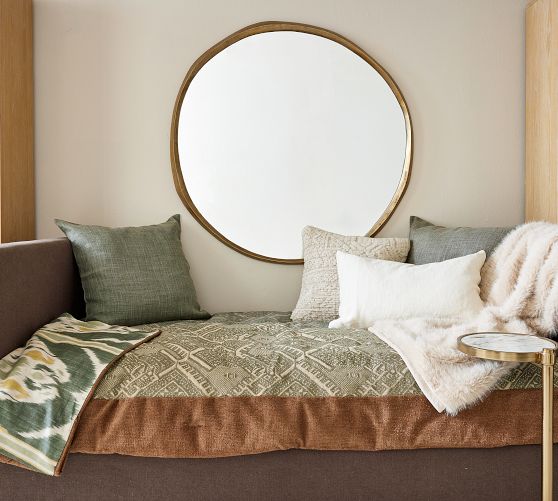
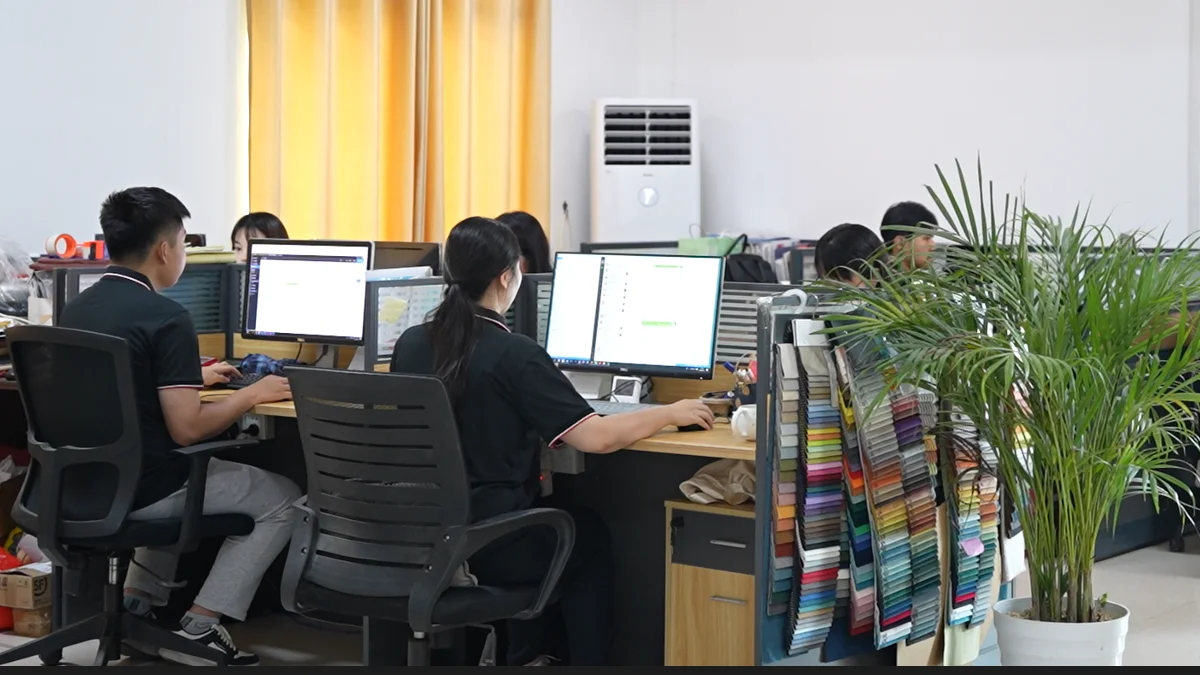
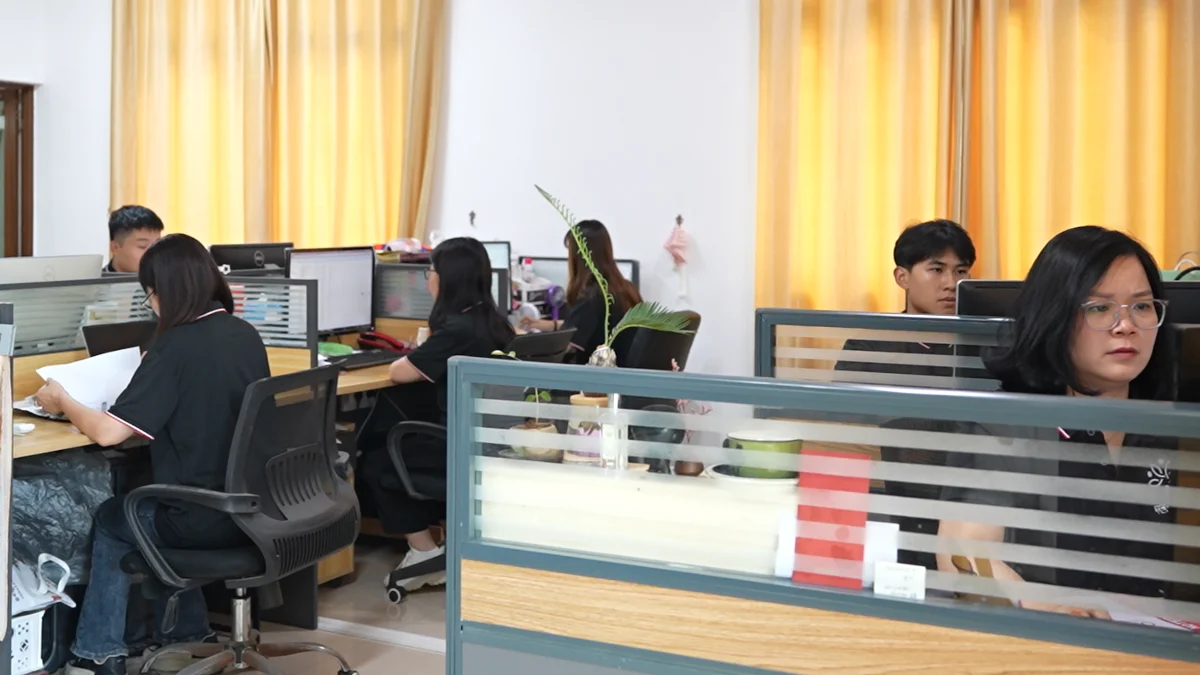
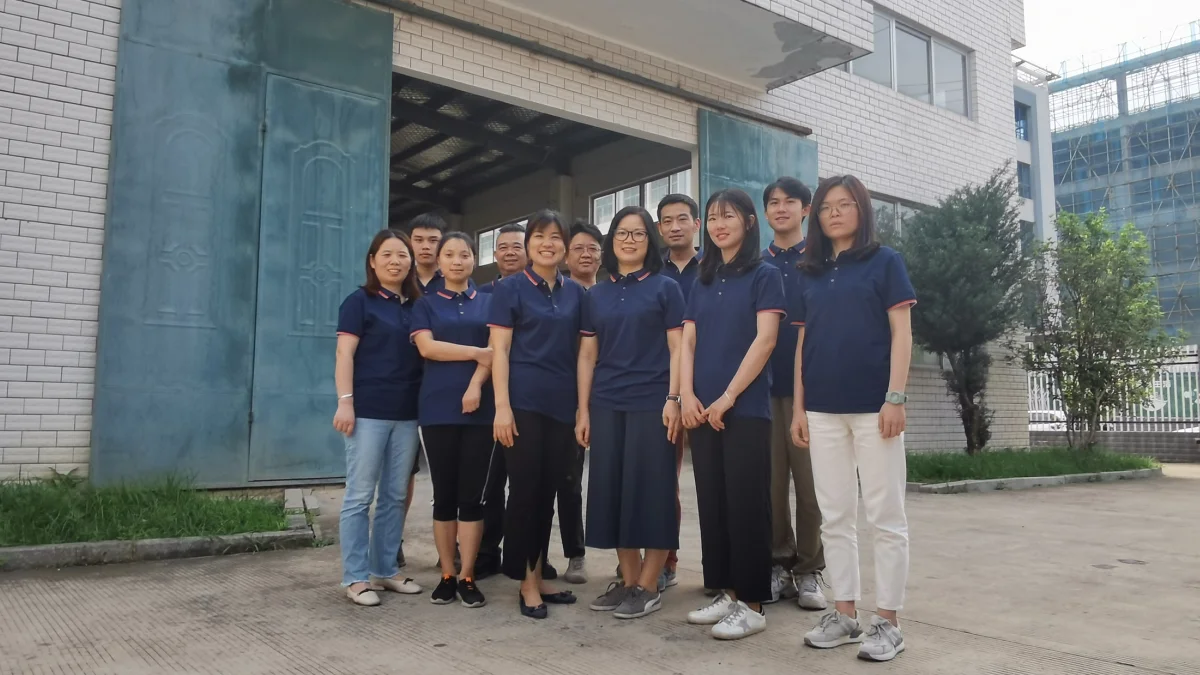
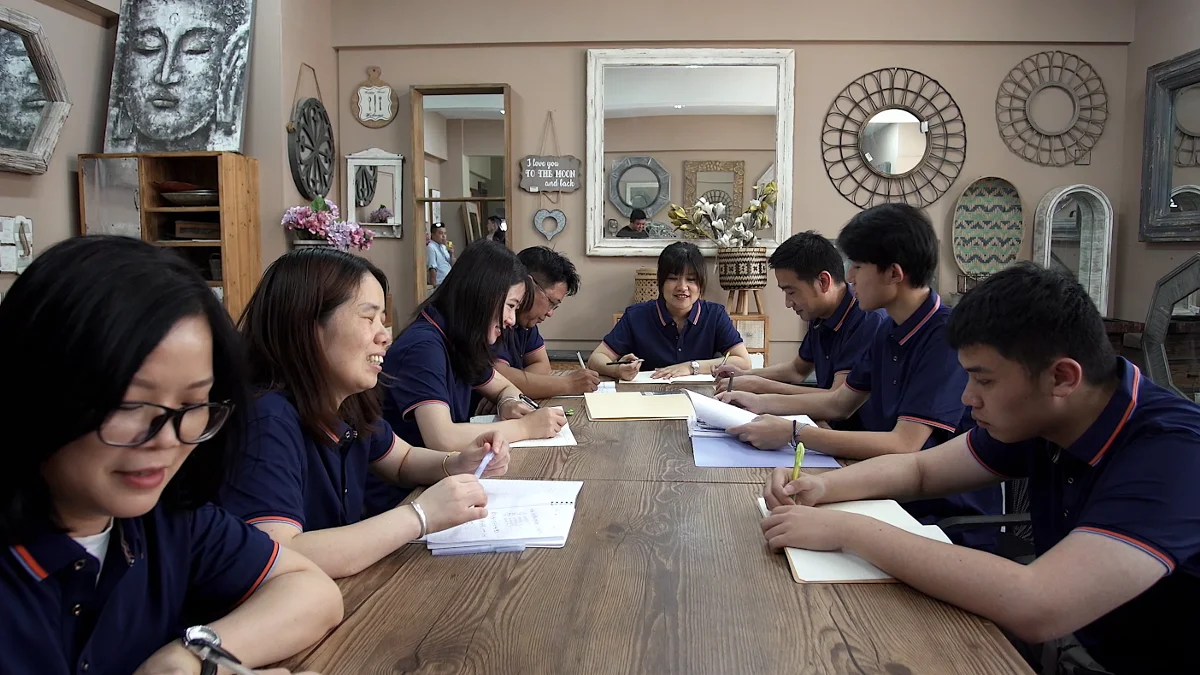
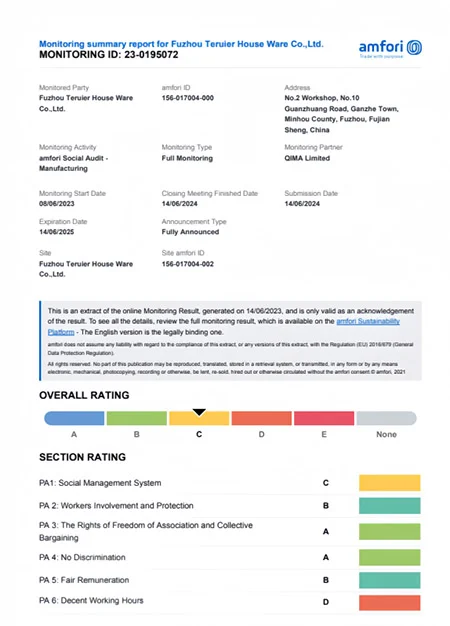
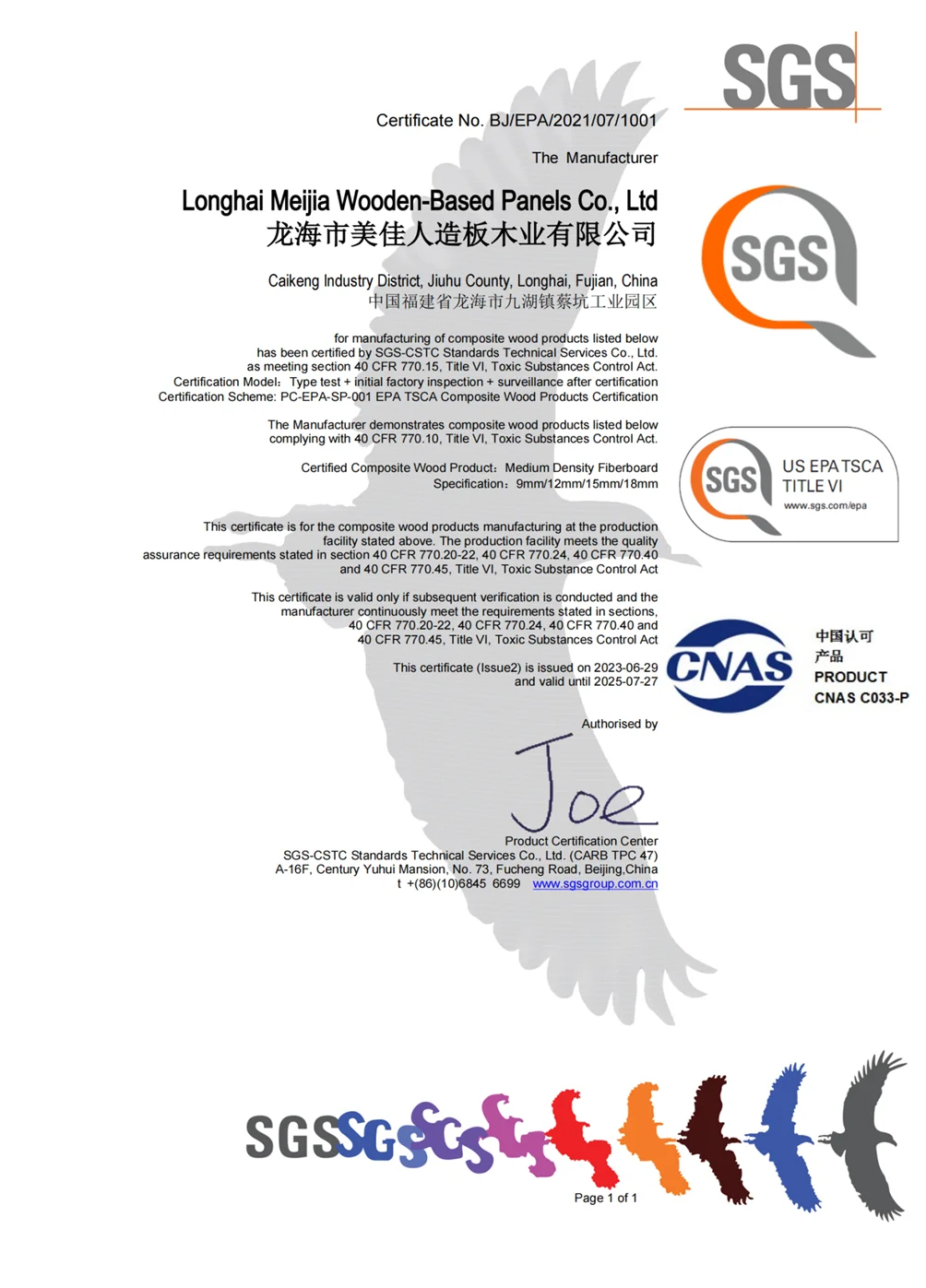

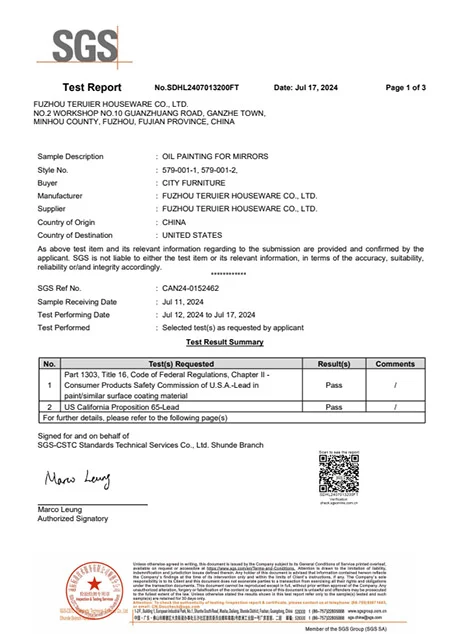
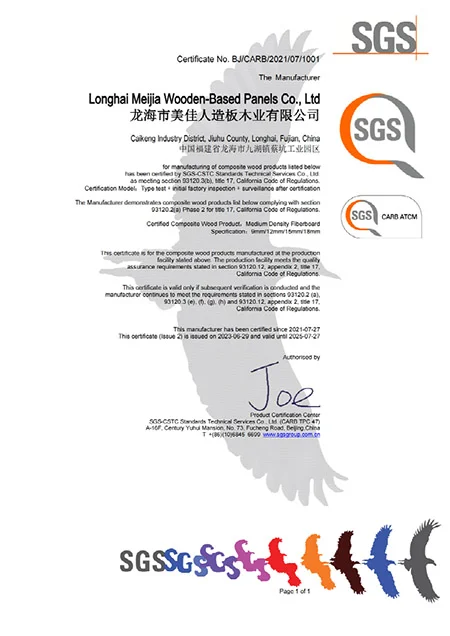
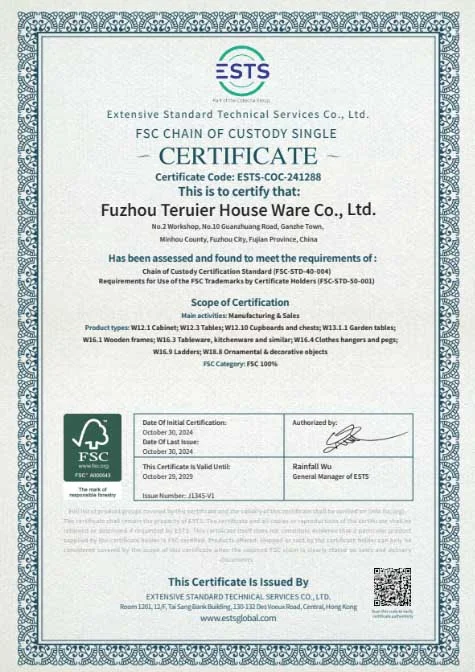
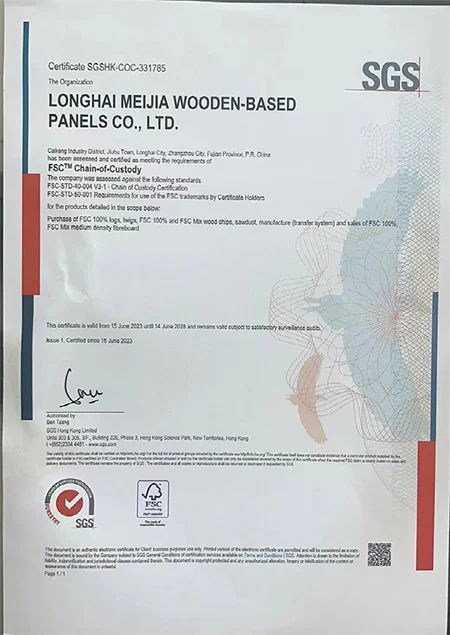
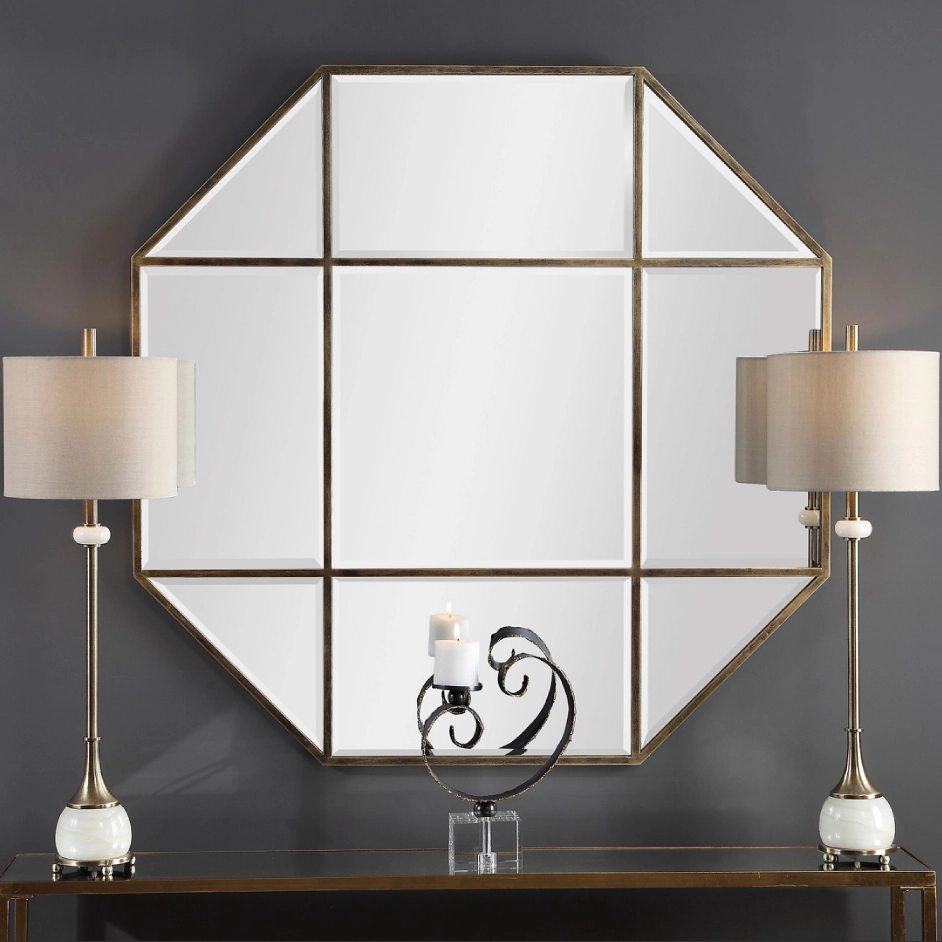
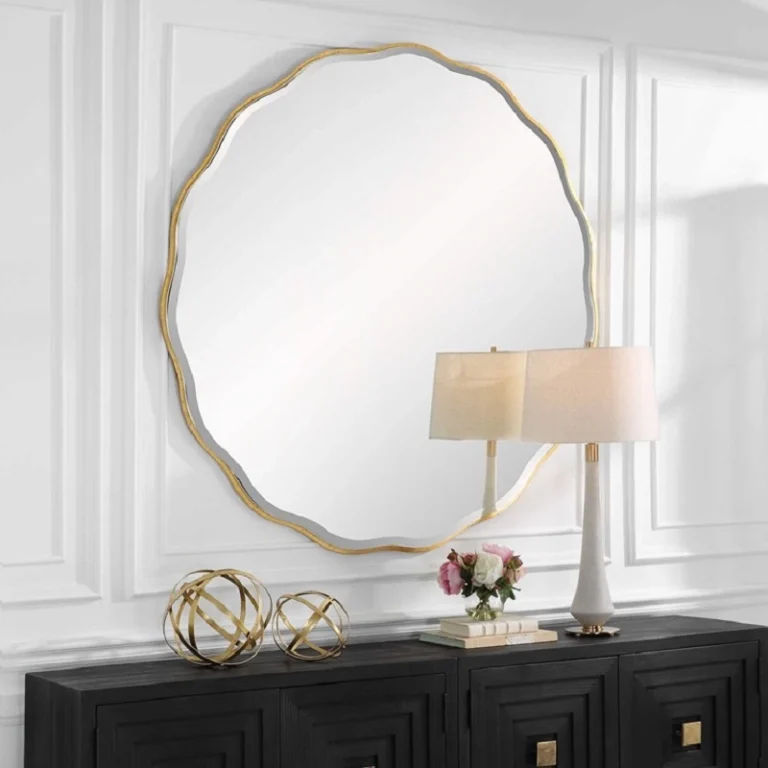
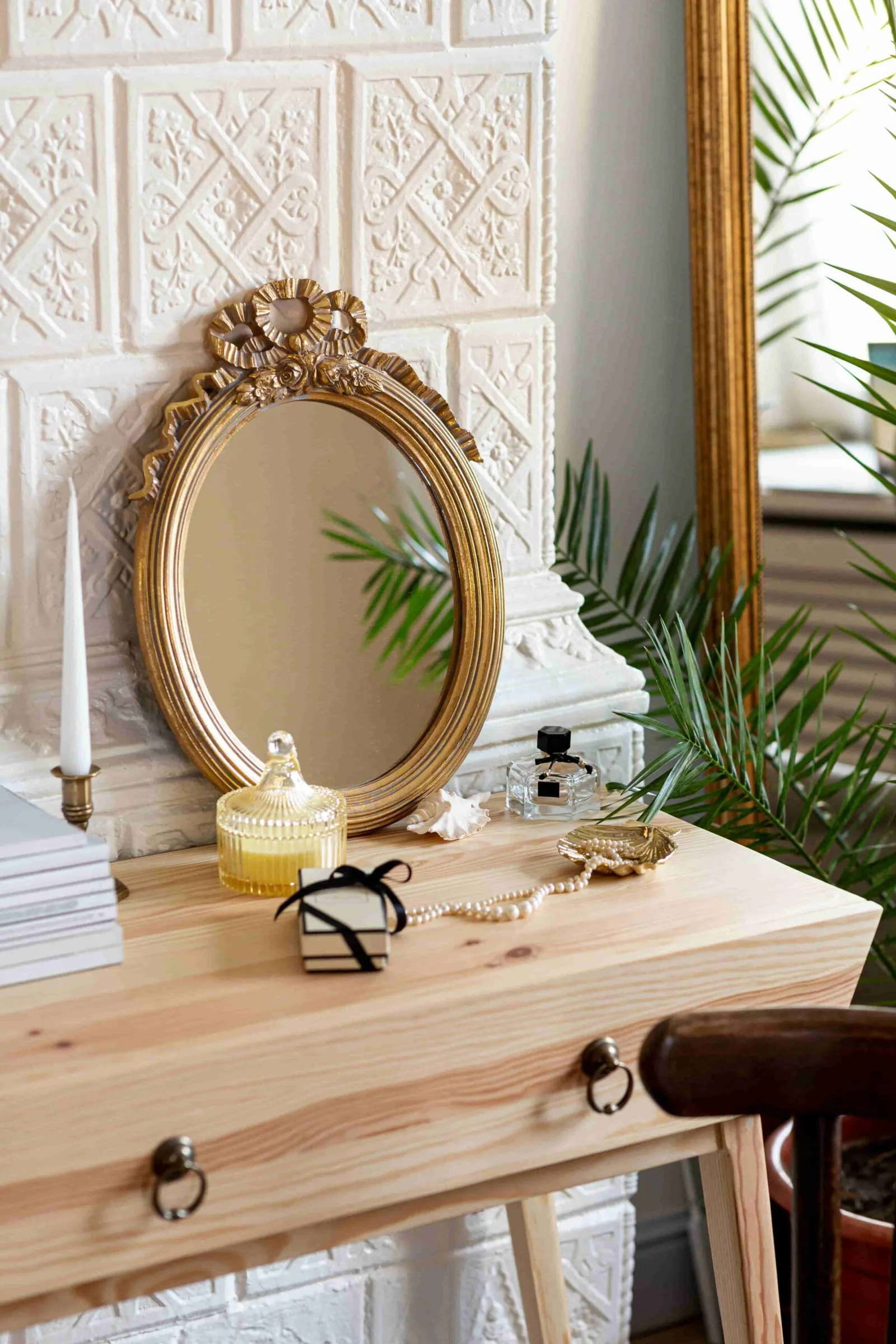
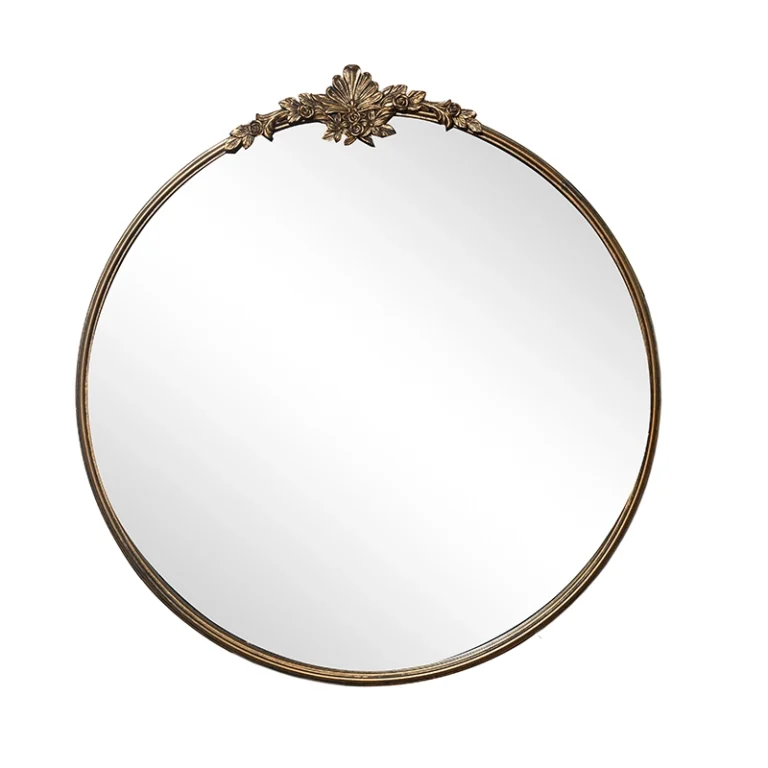
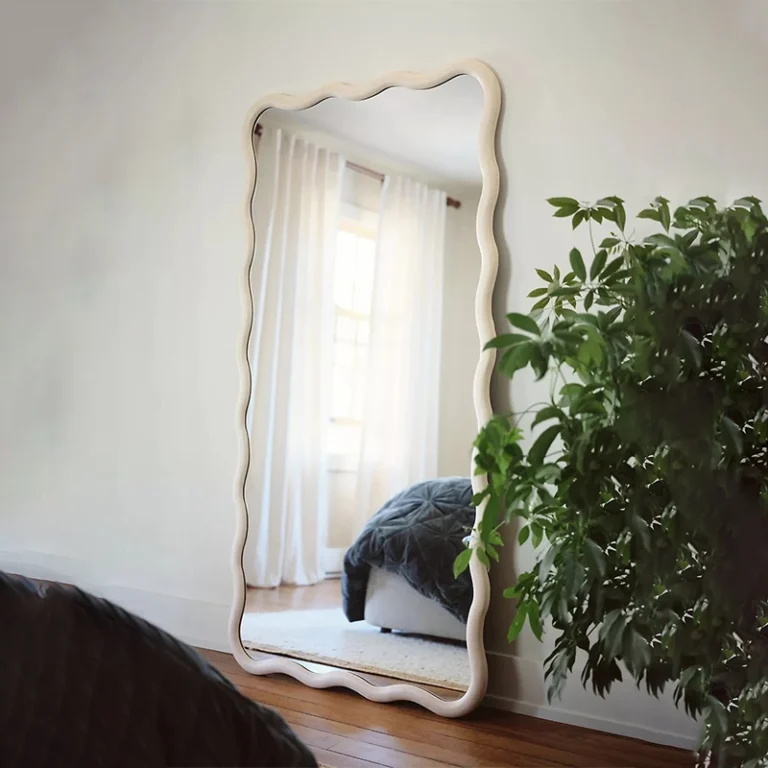
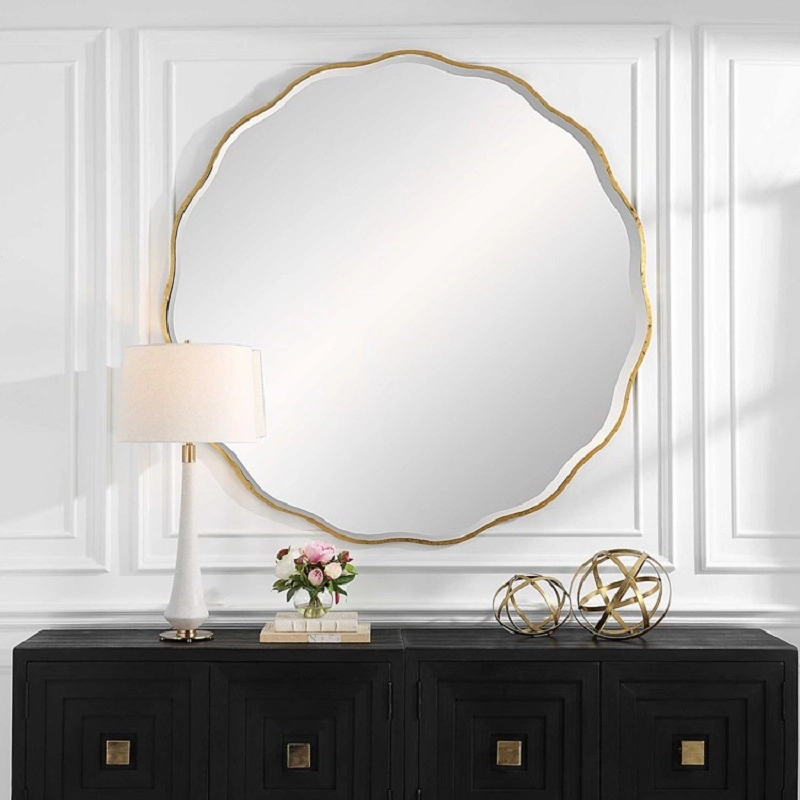
-scaled.jpg)
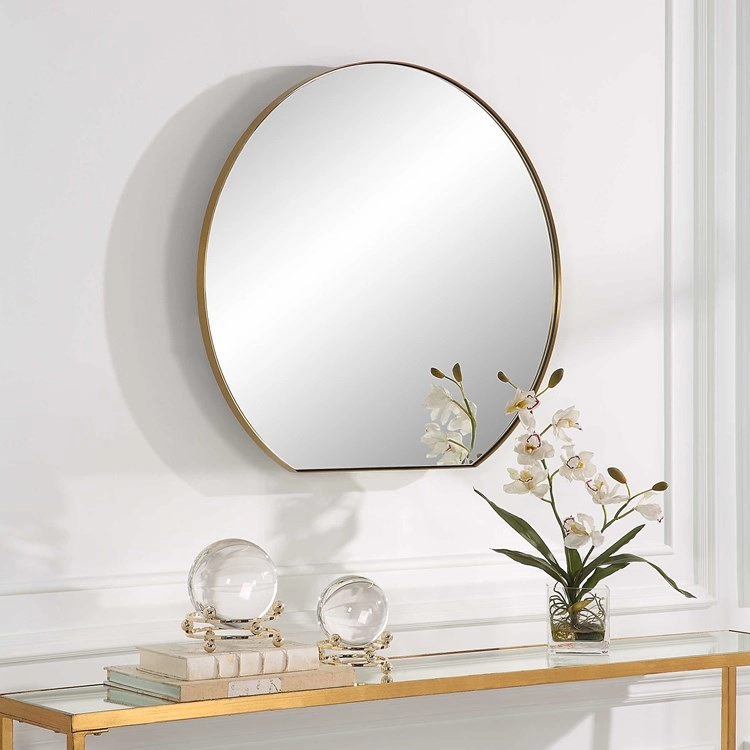
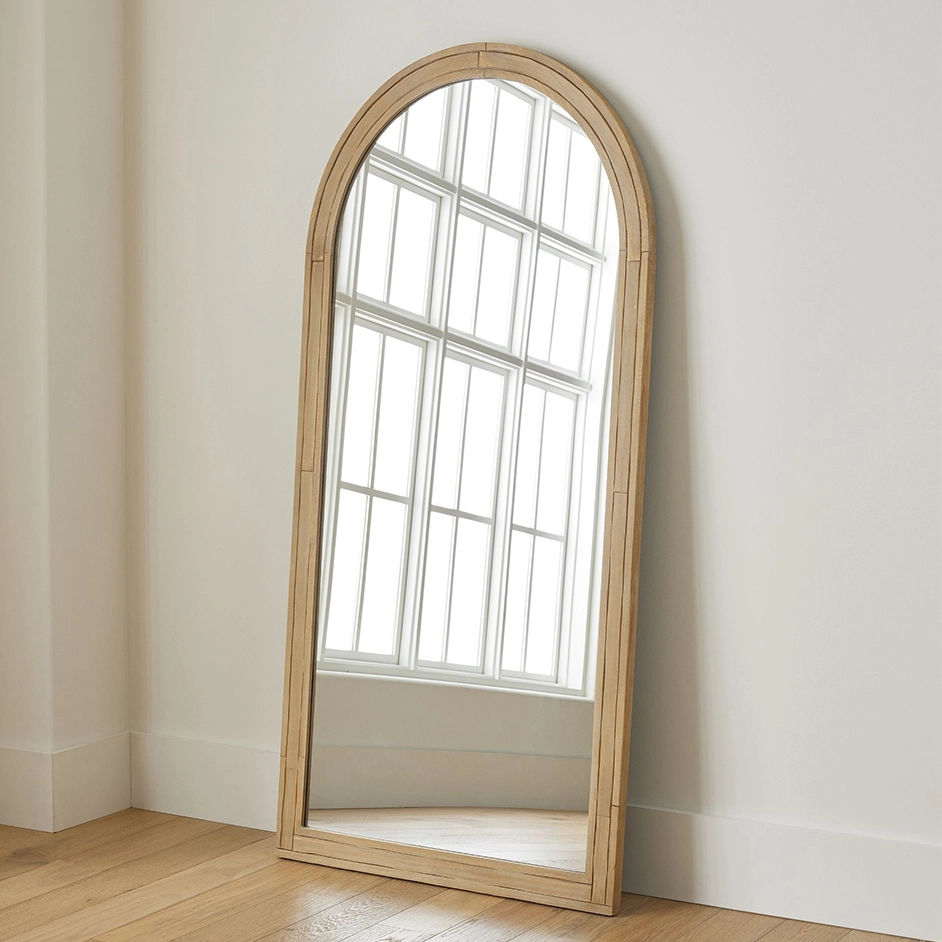
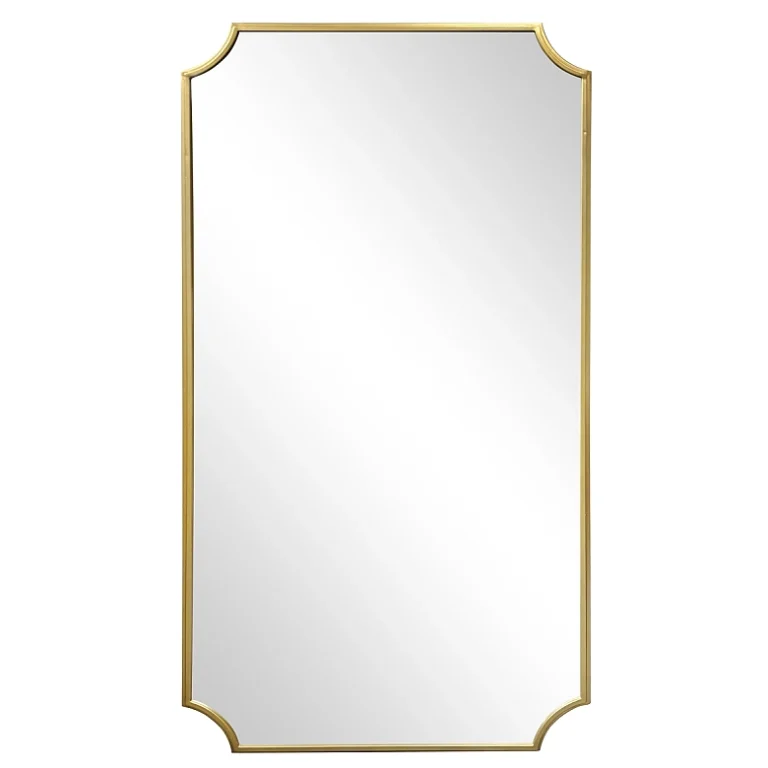
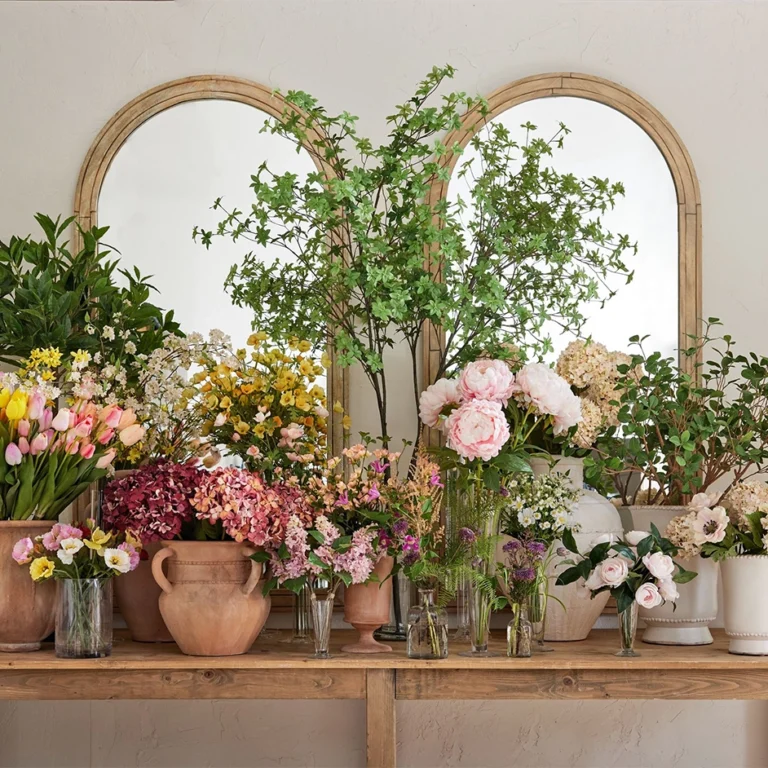
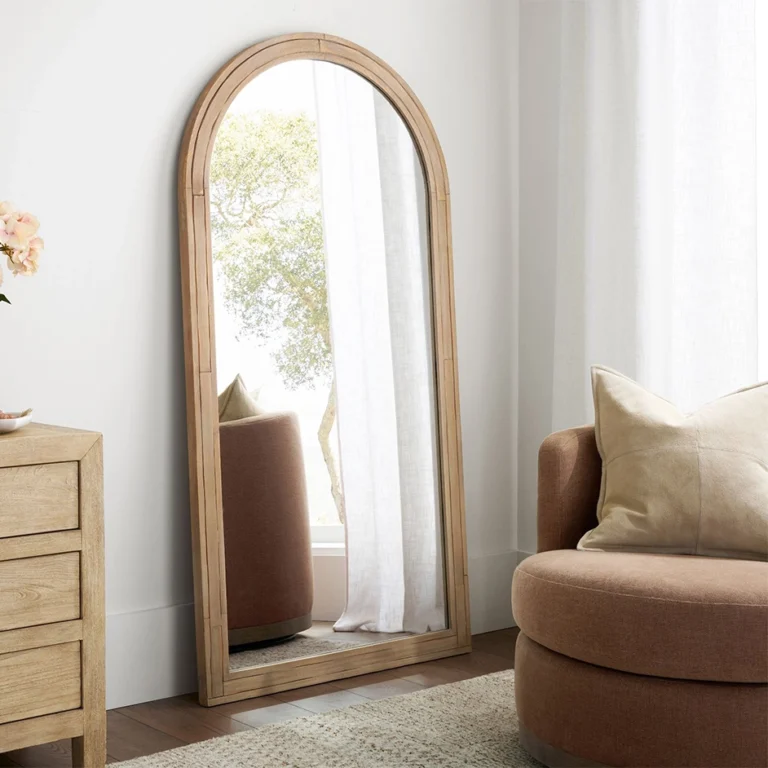
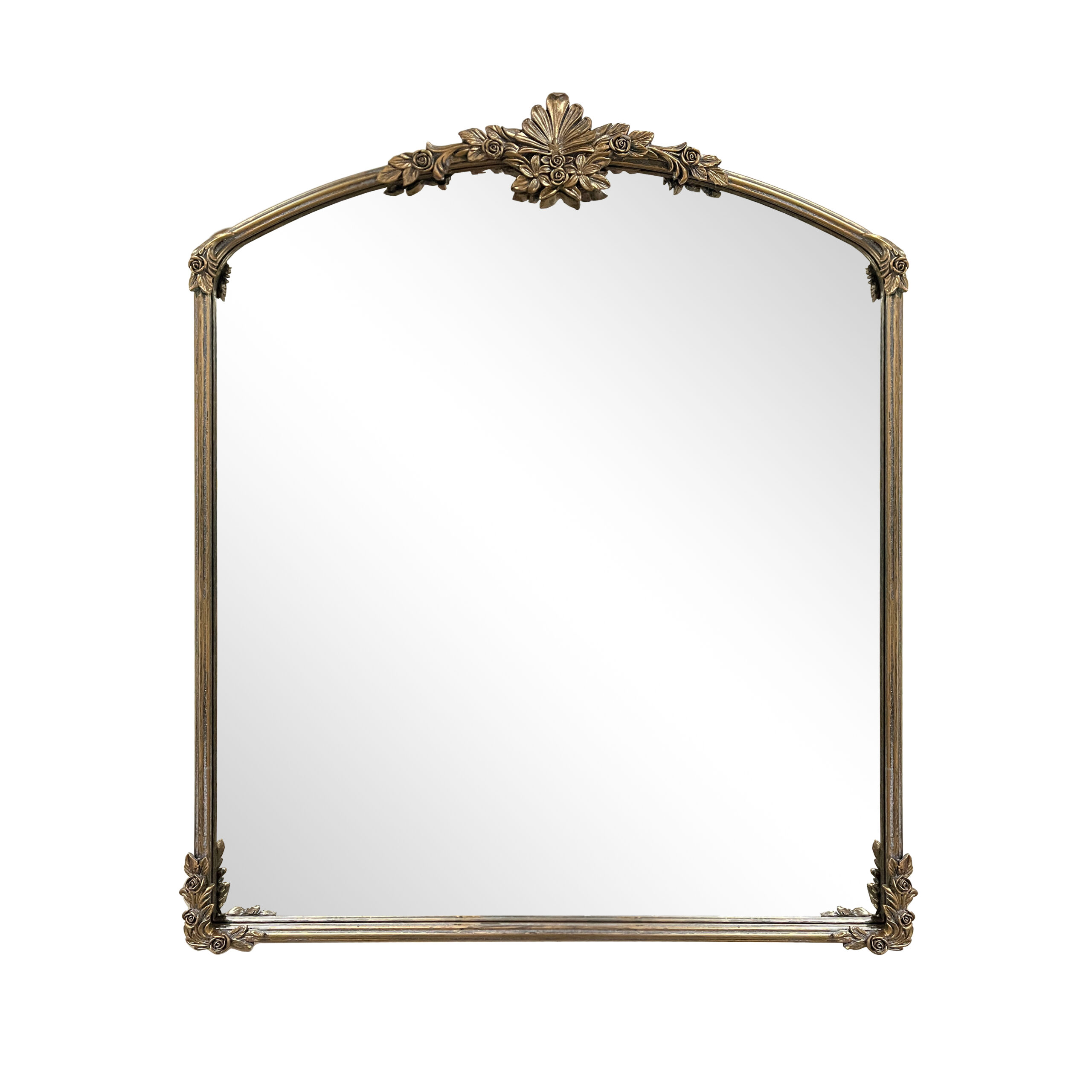
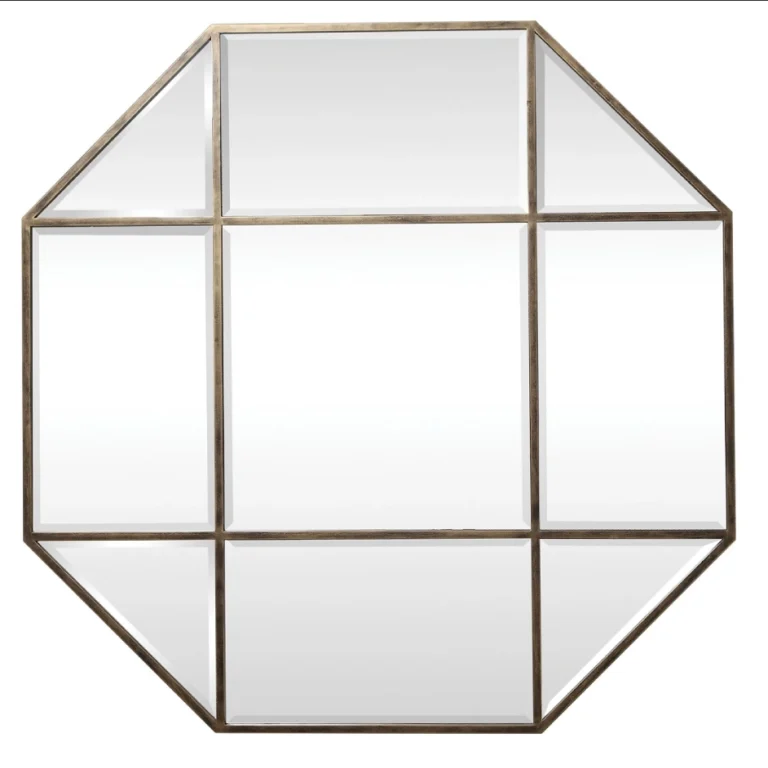
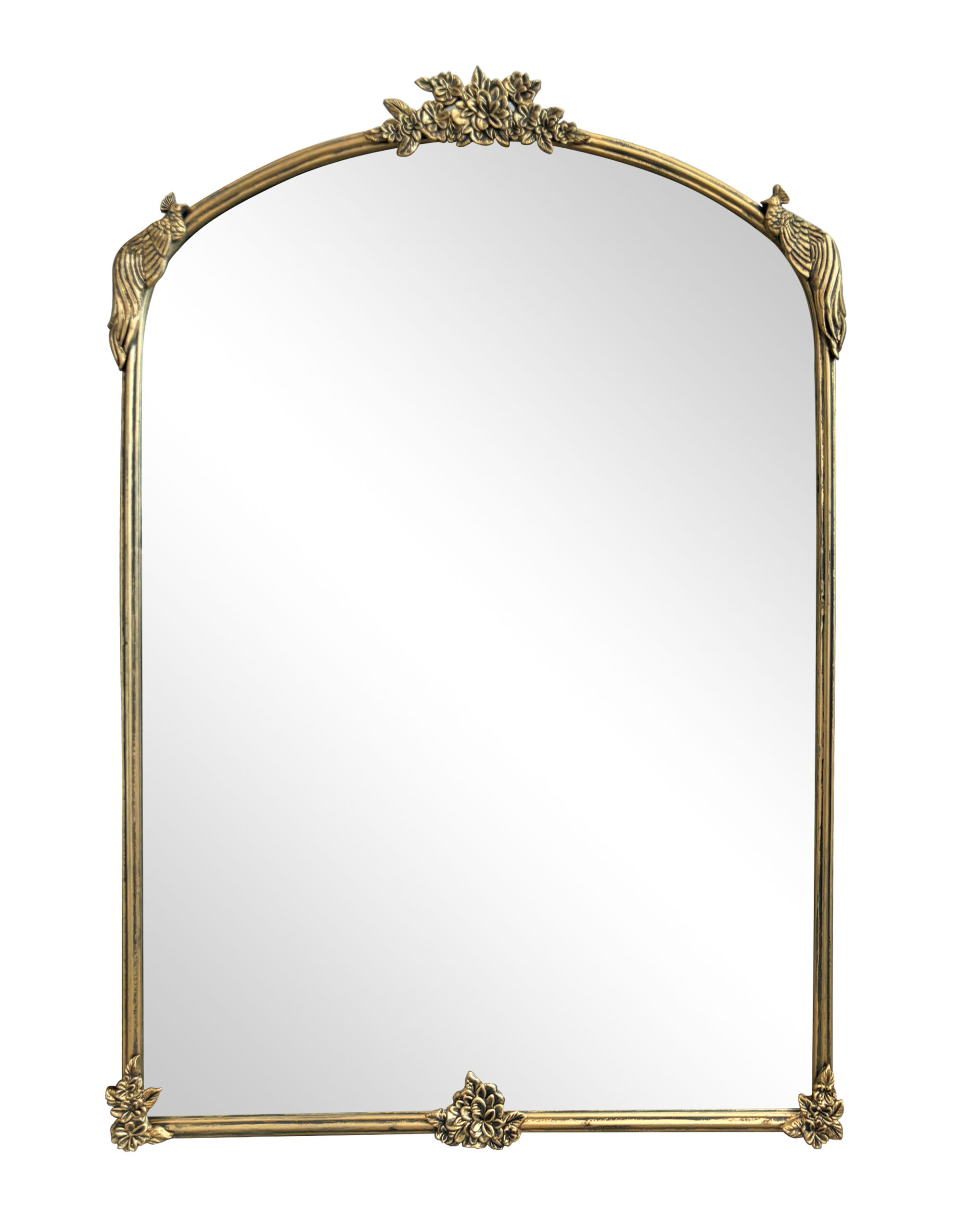
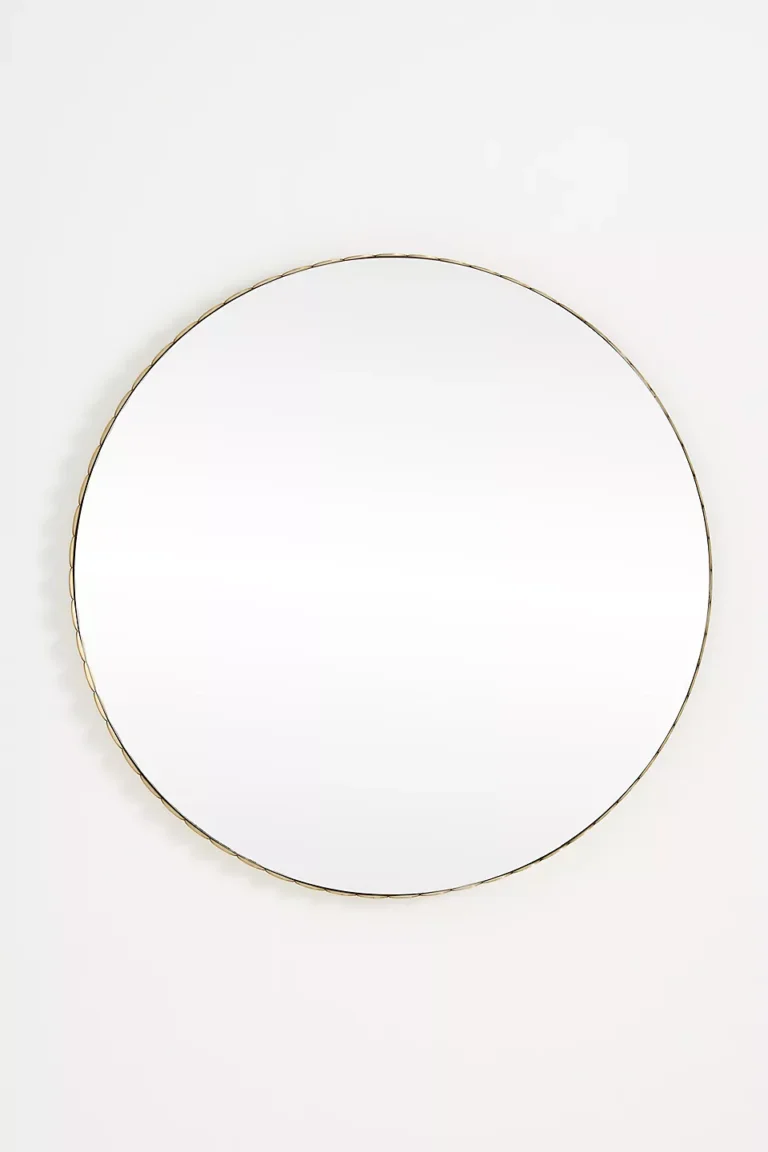
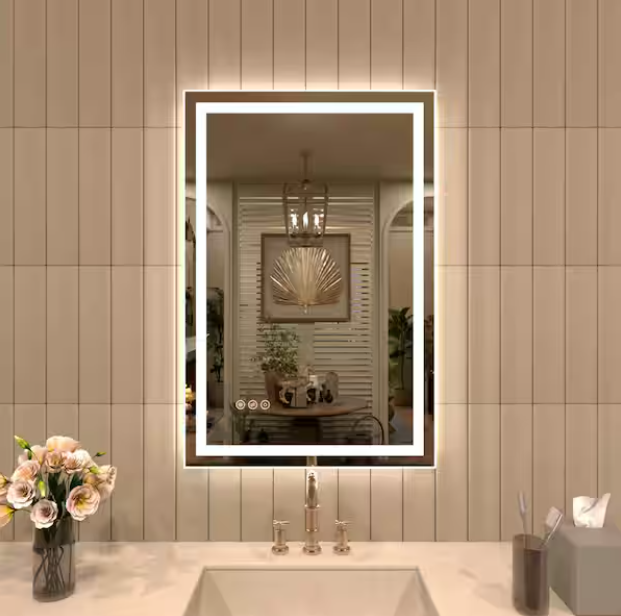
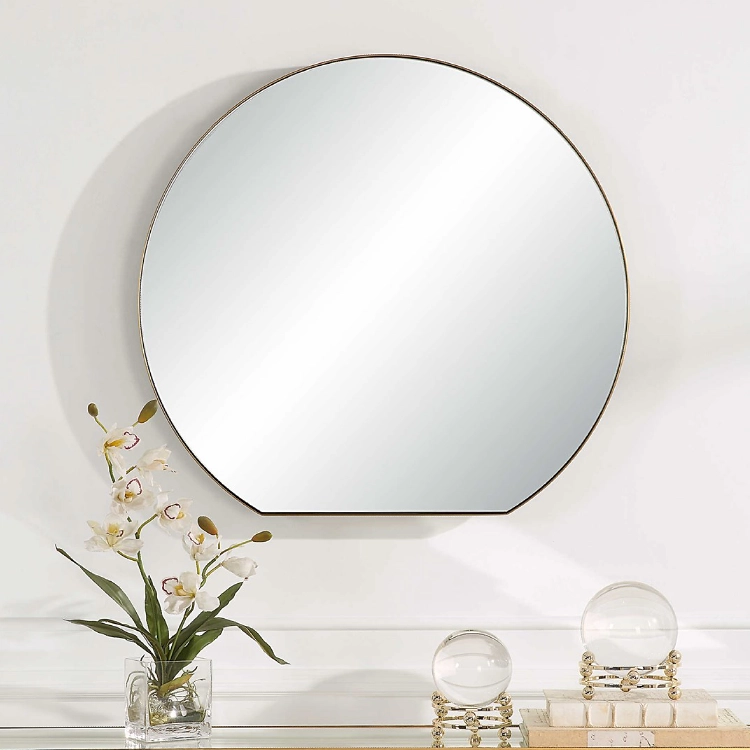
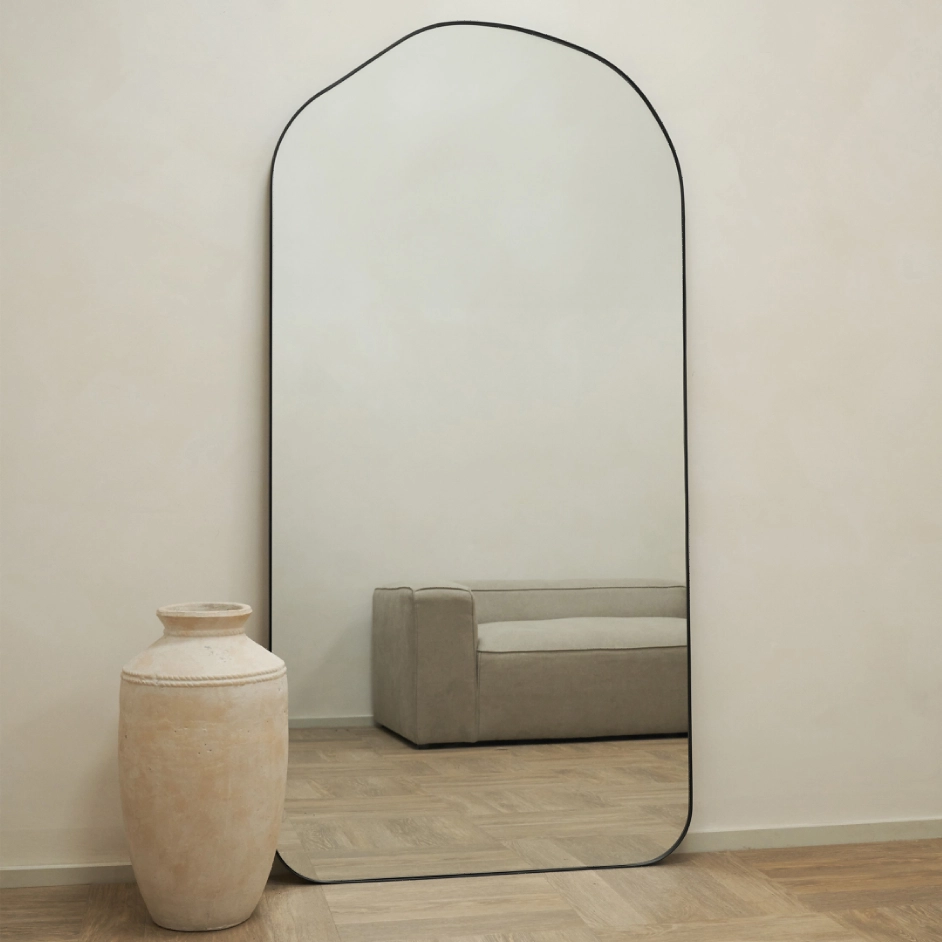
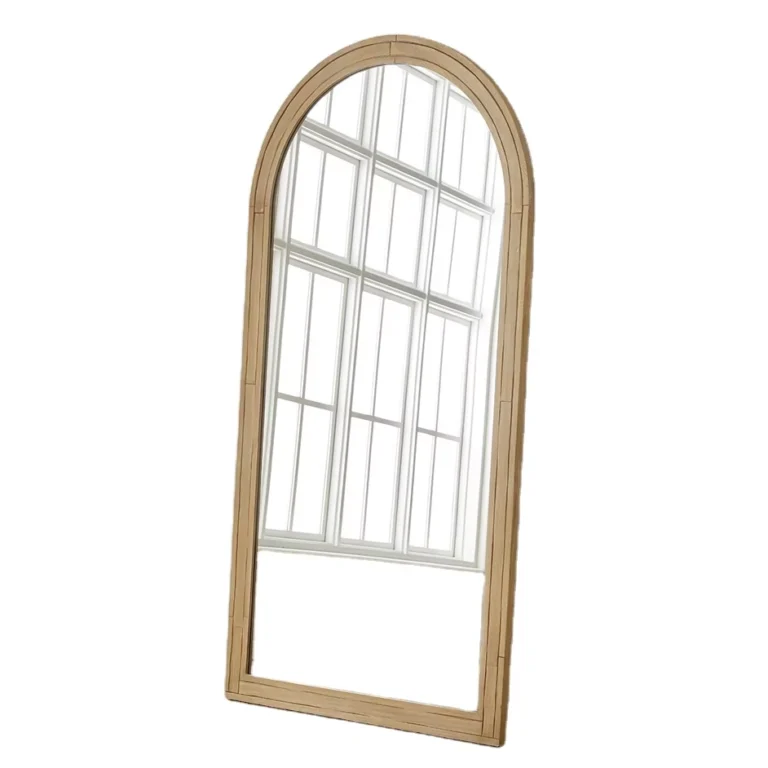
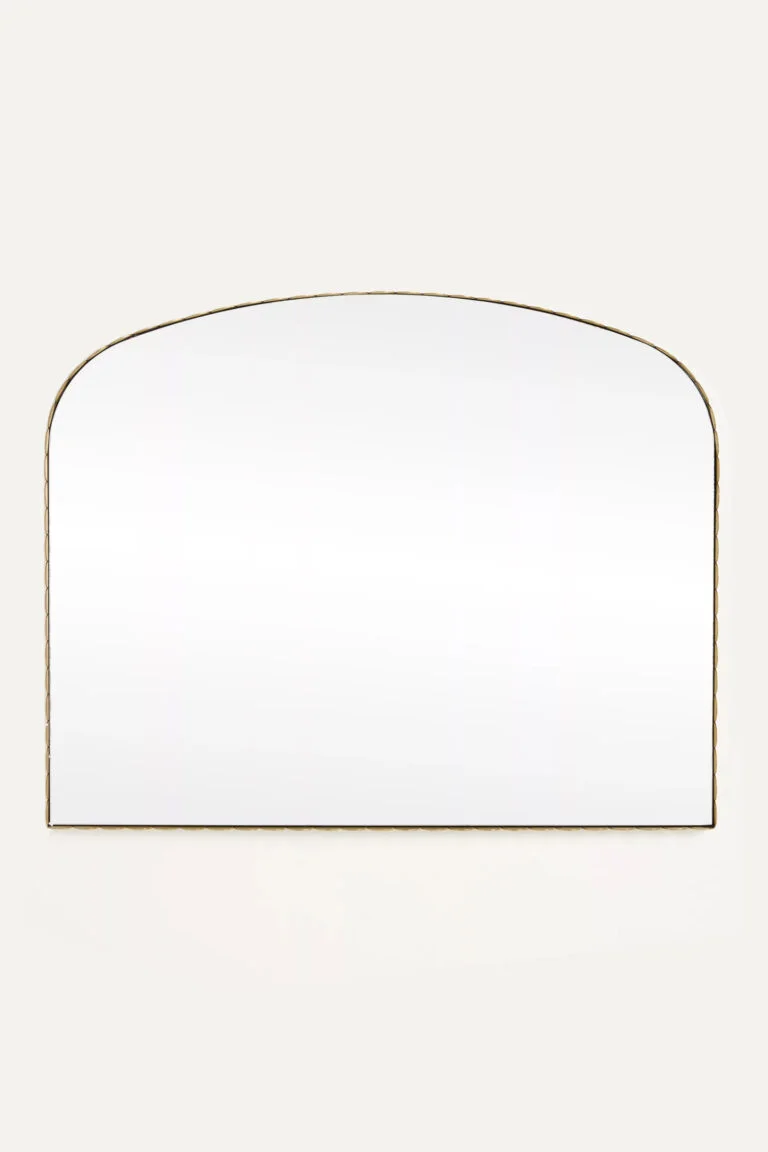
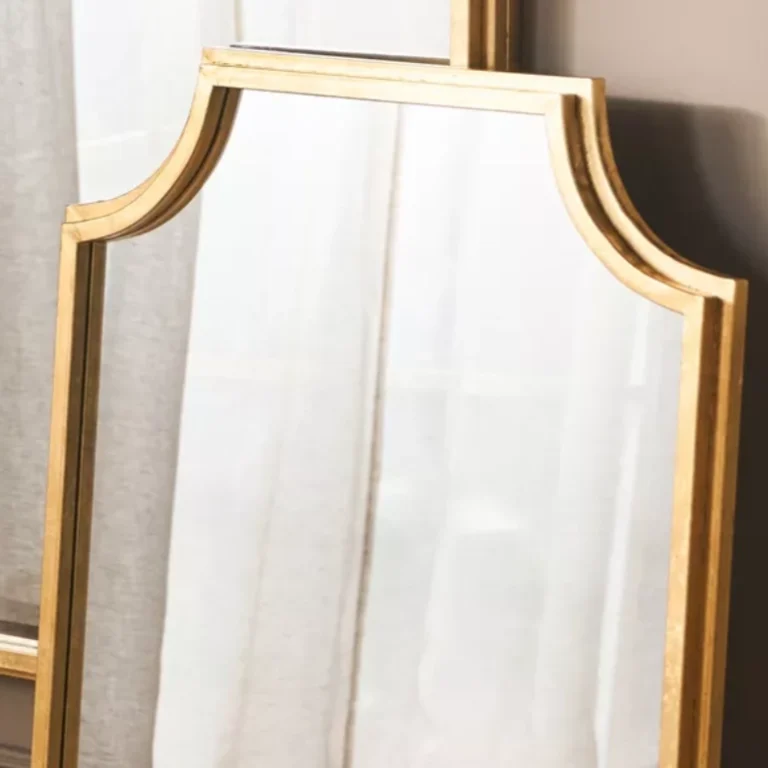
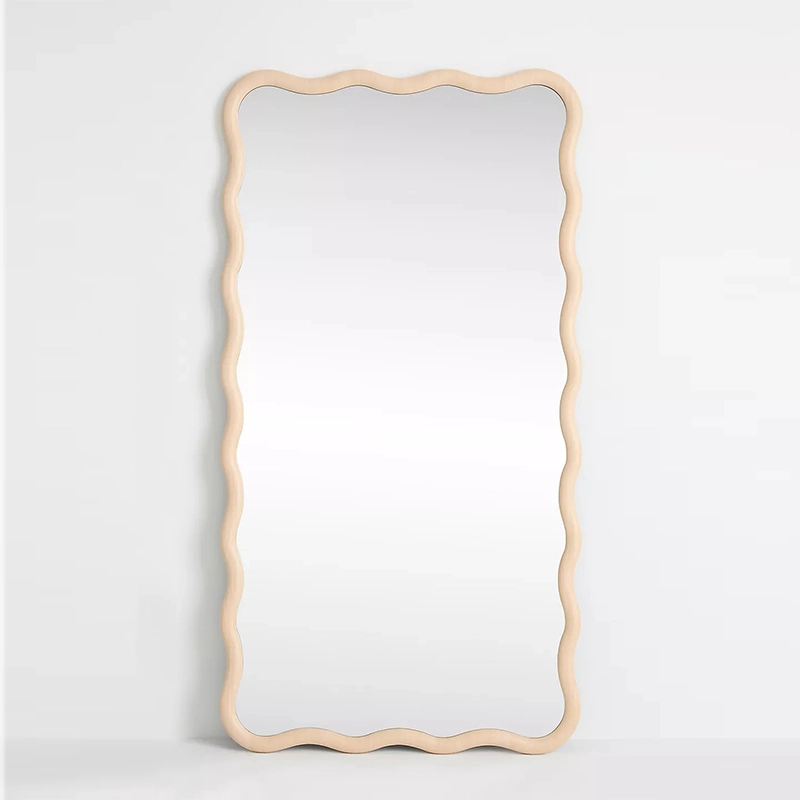
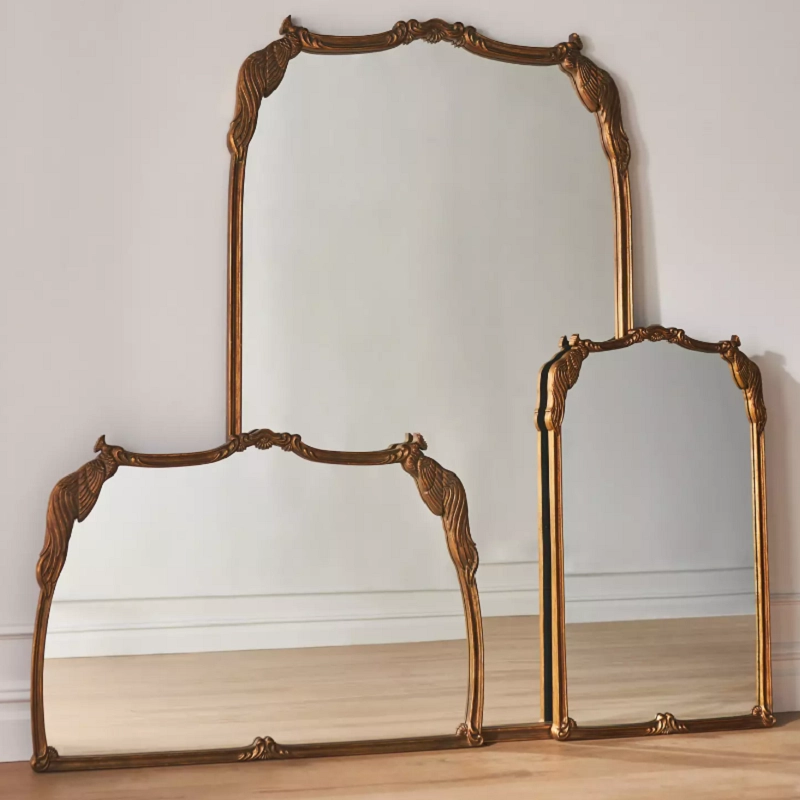

Leave a Reply